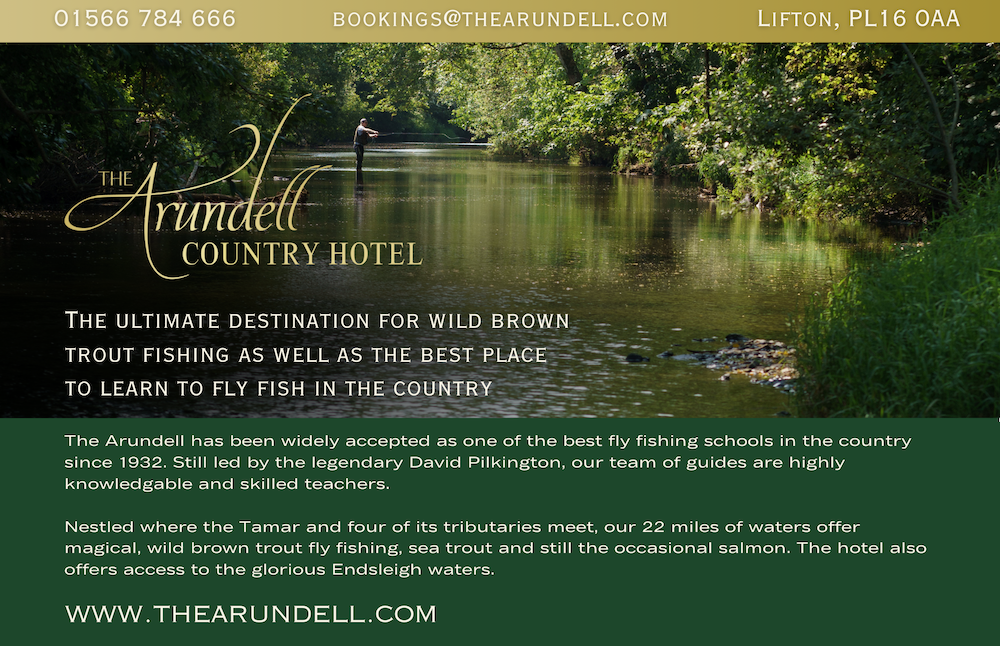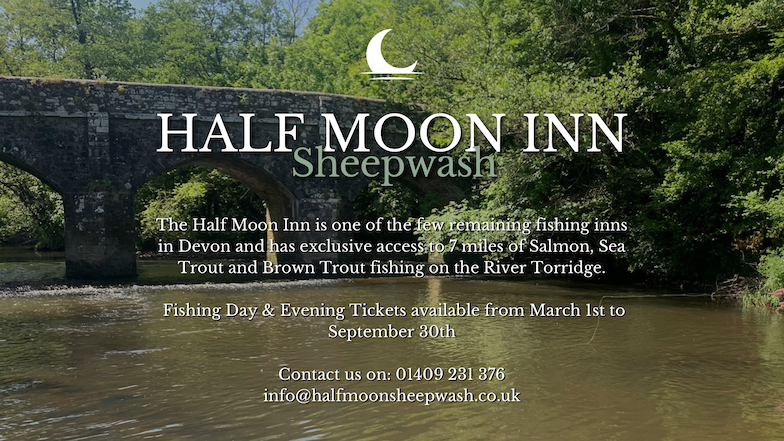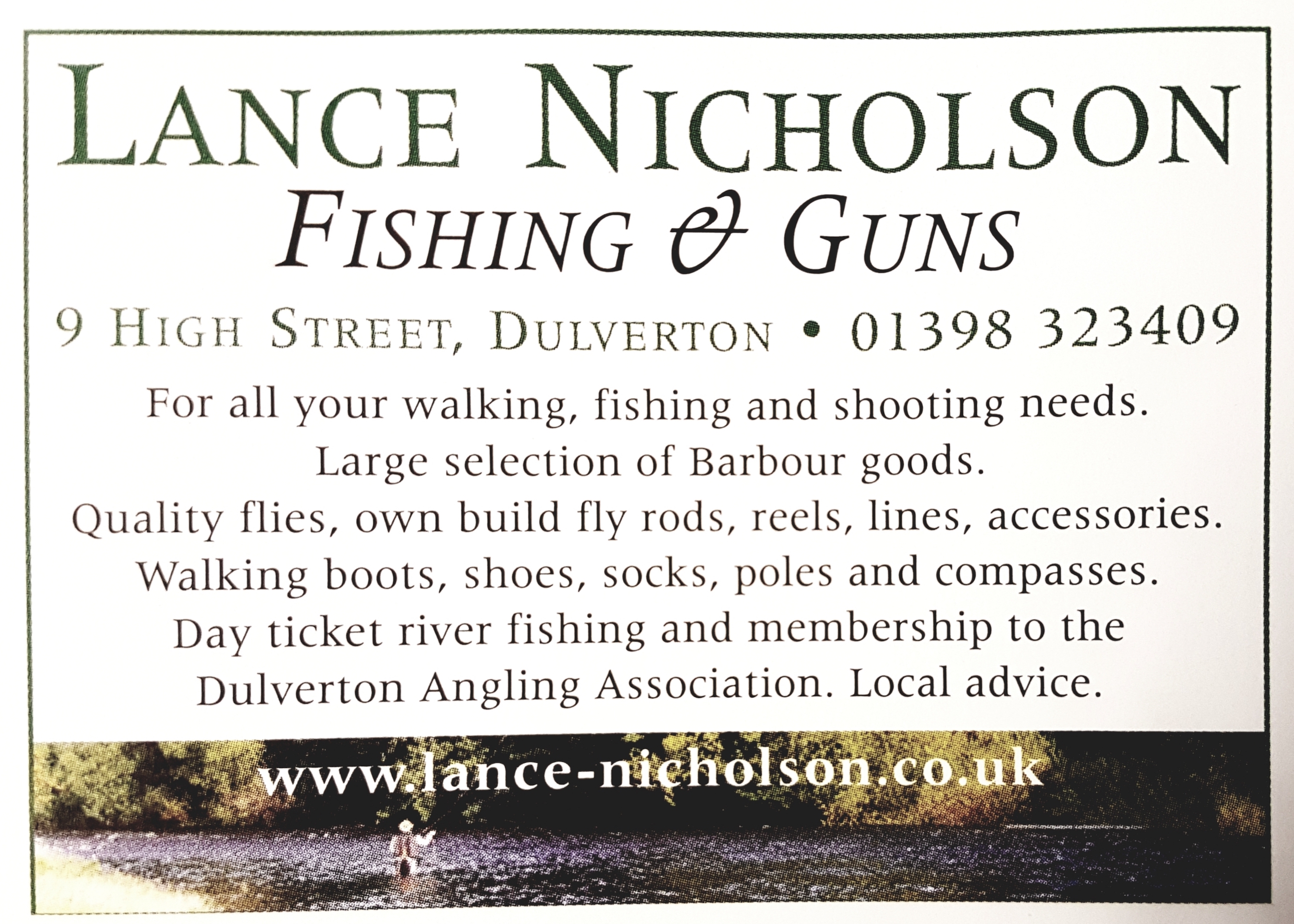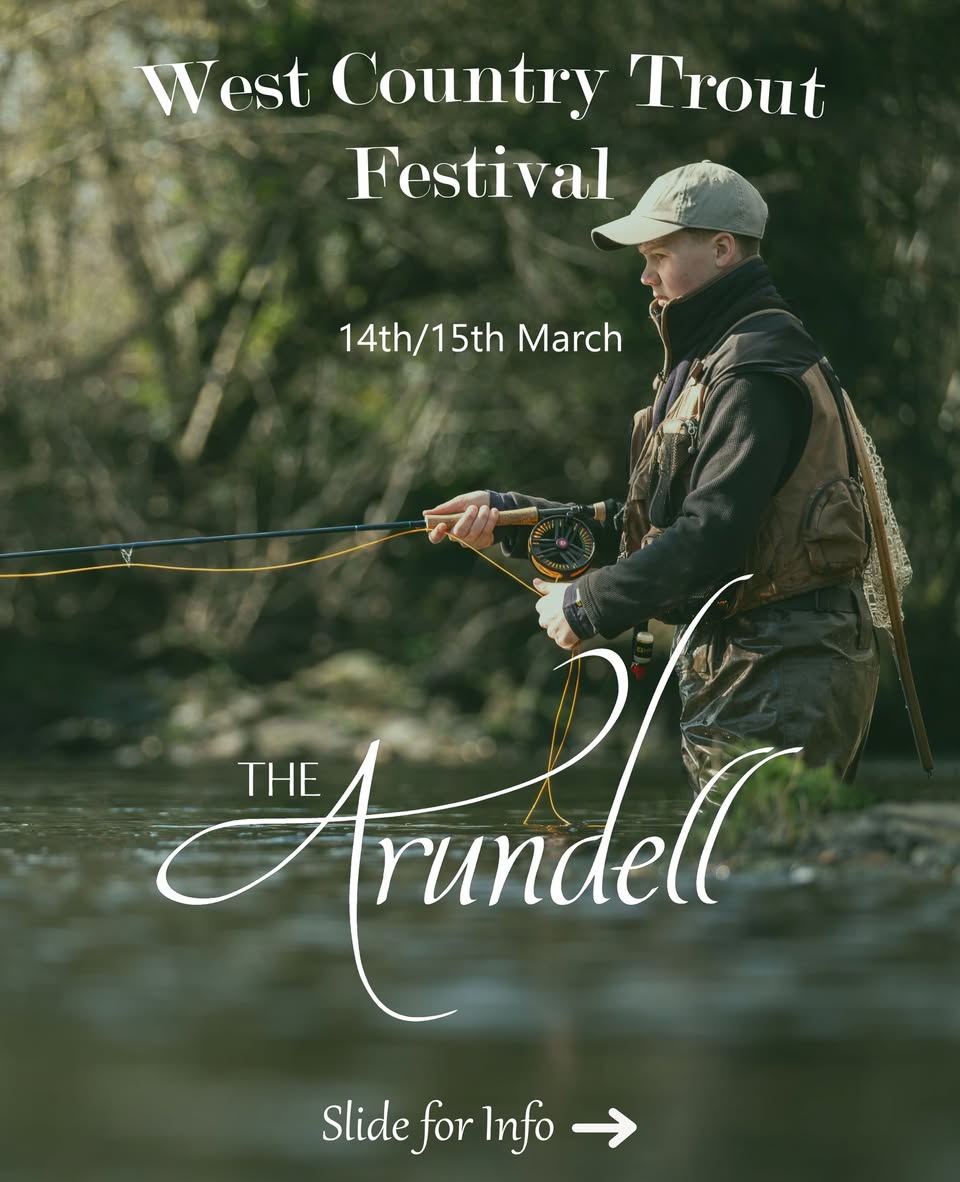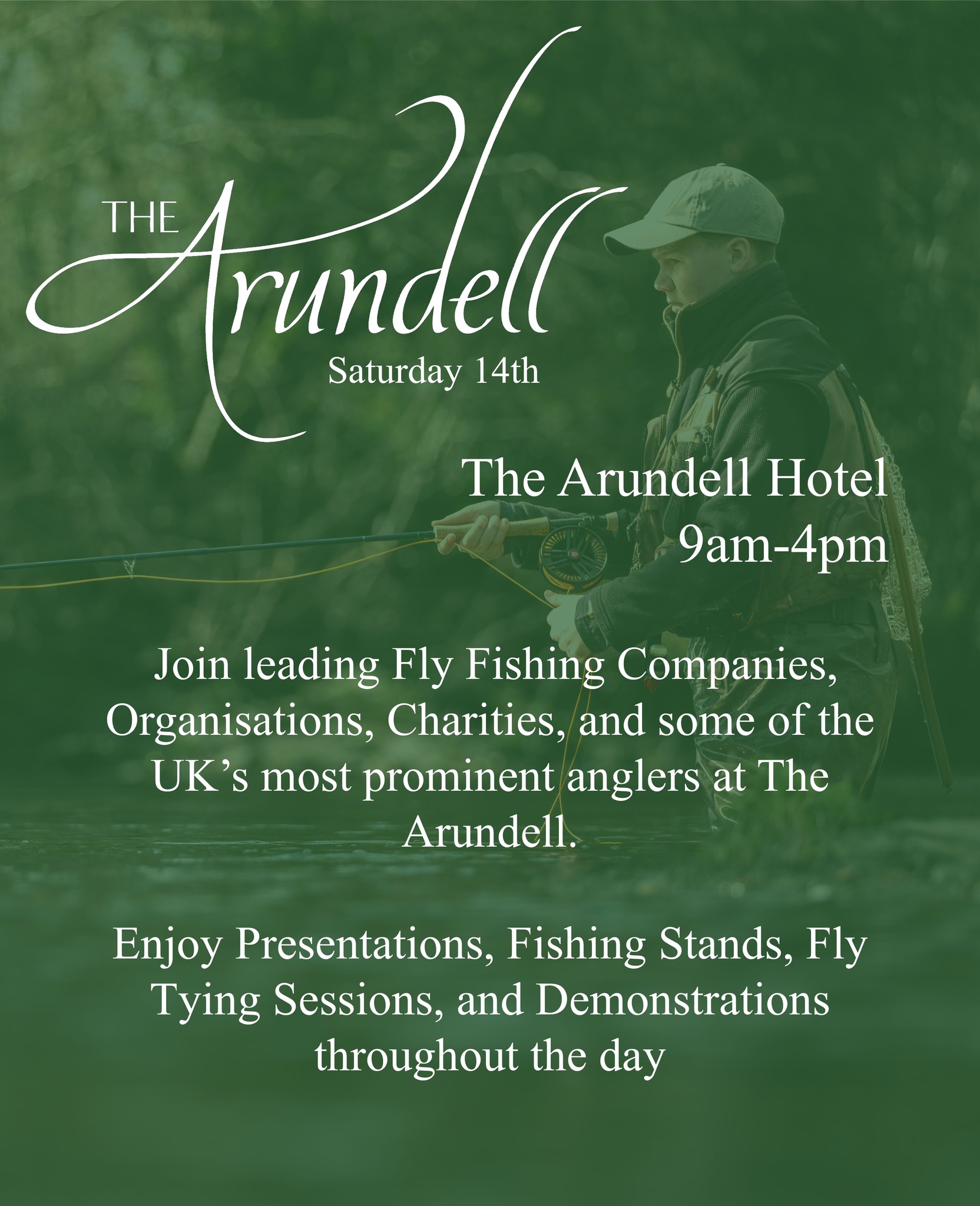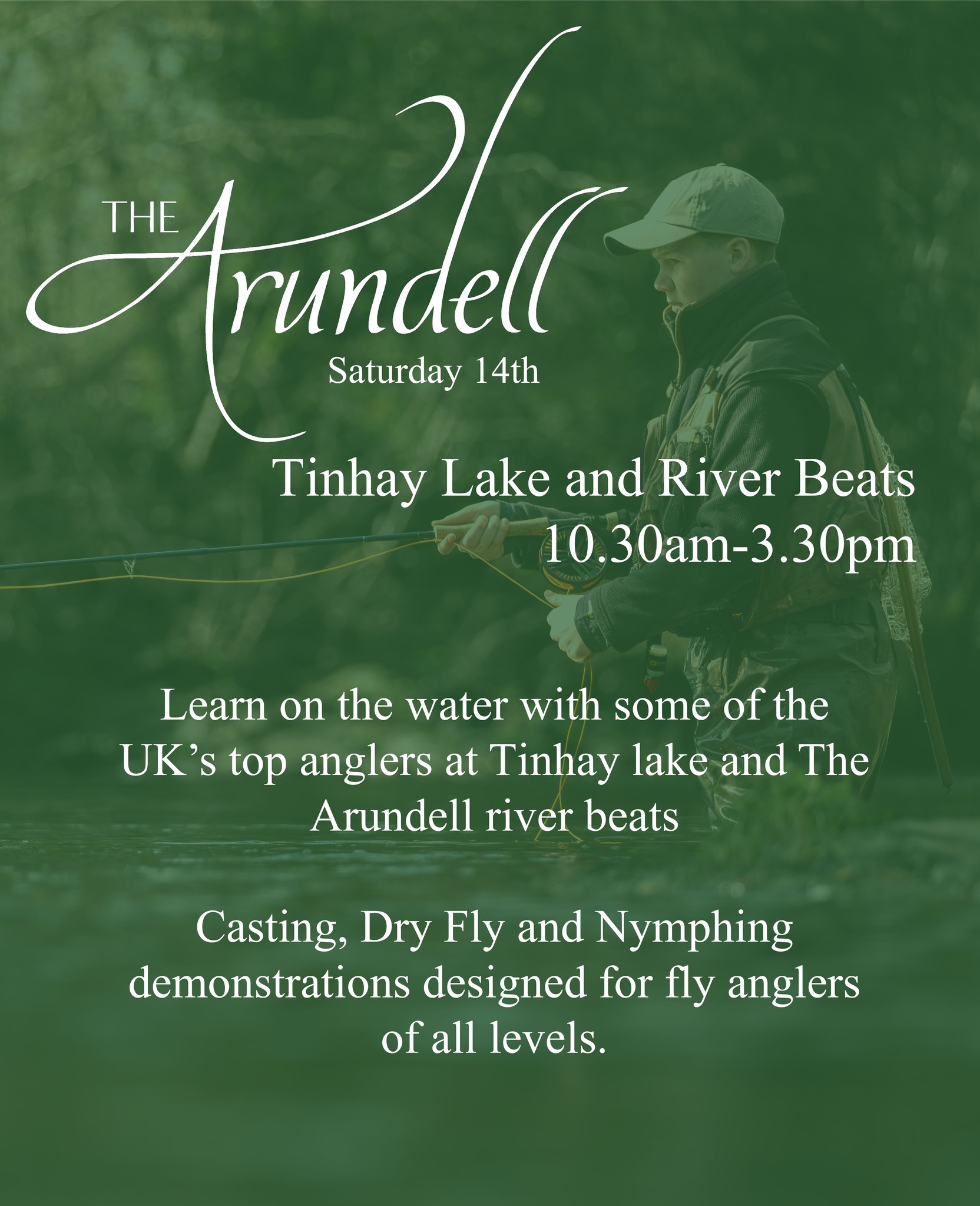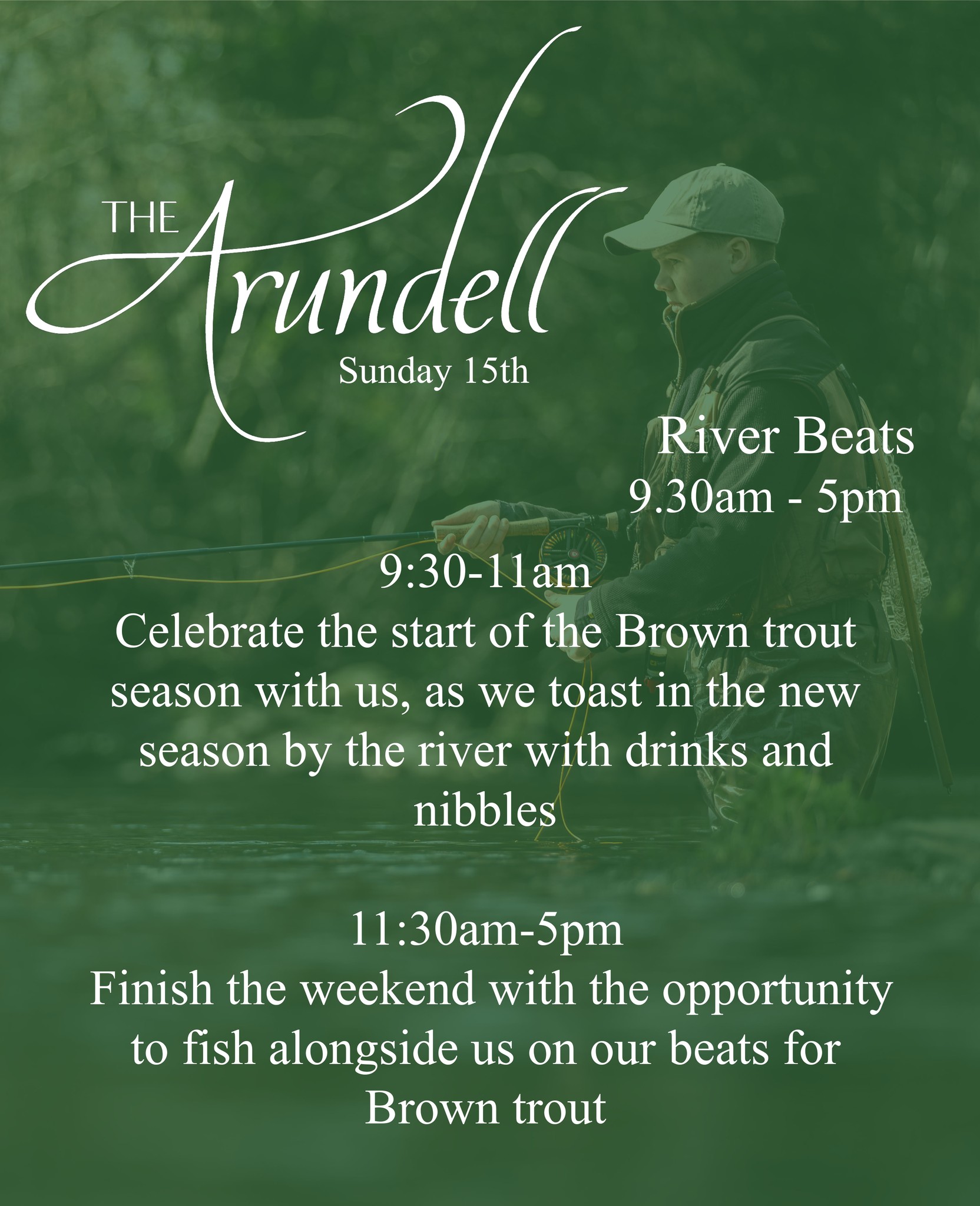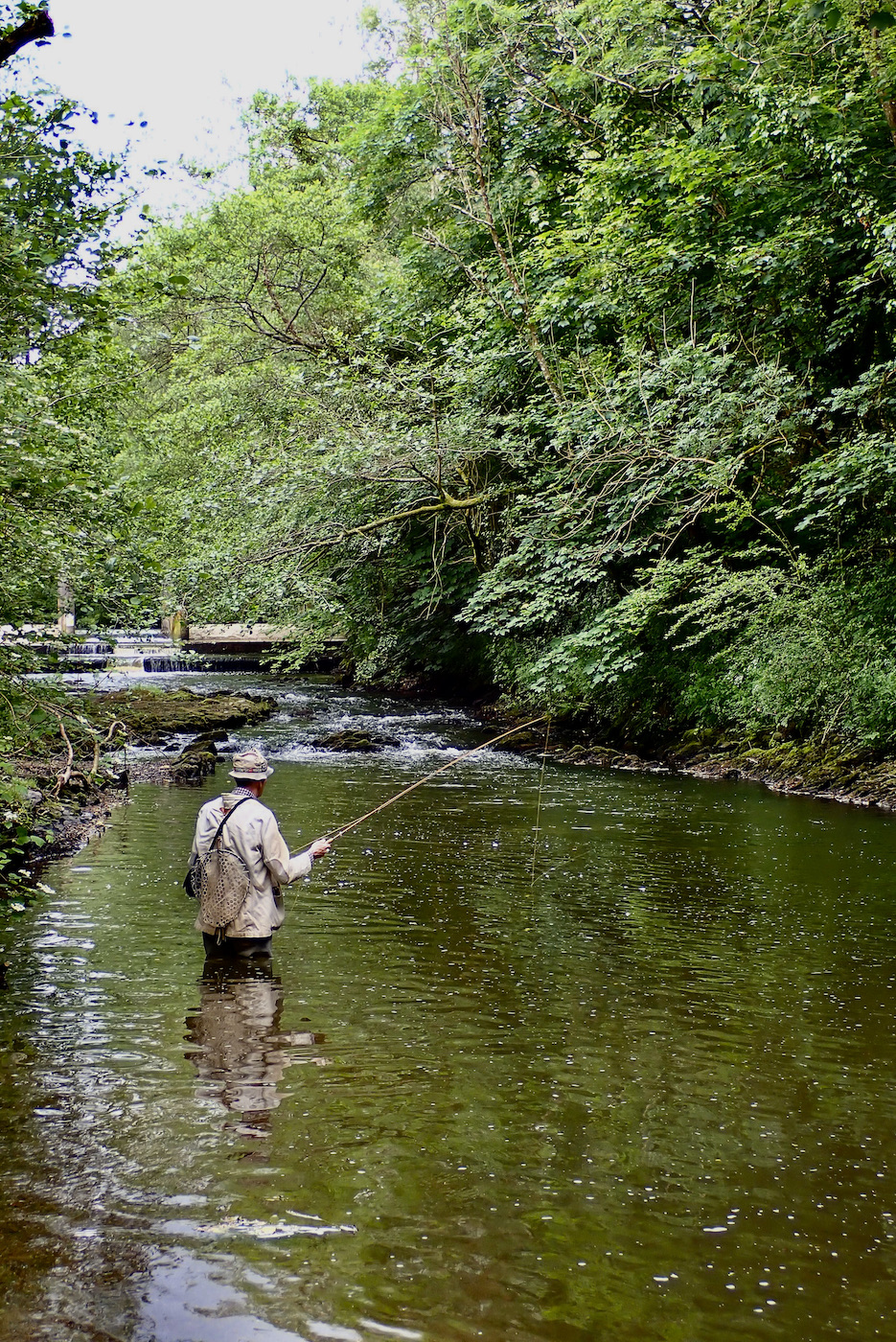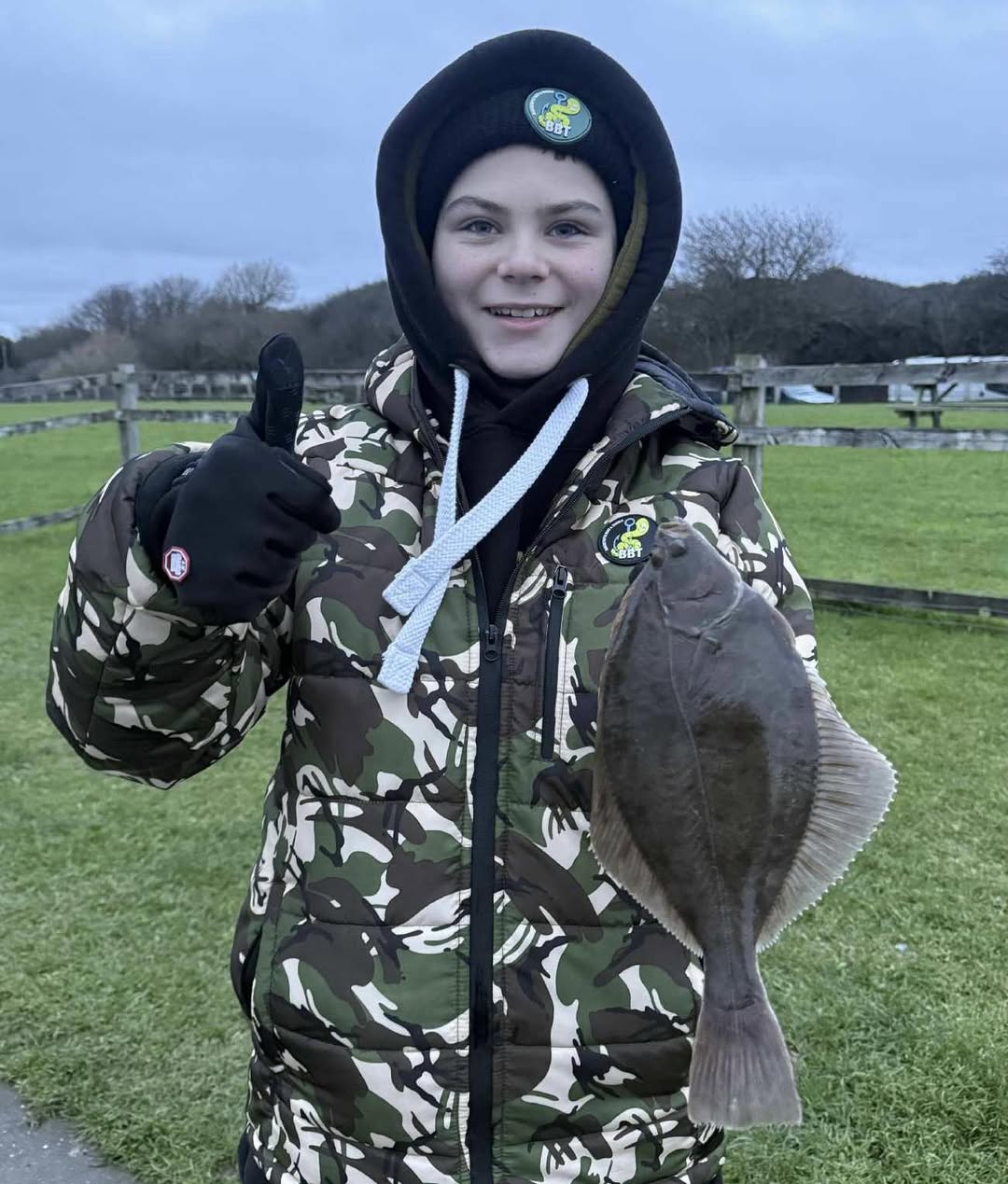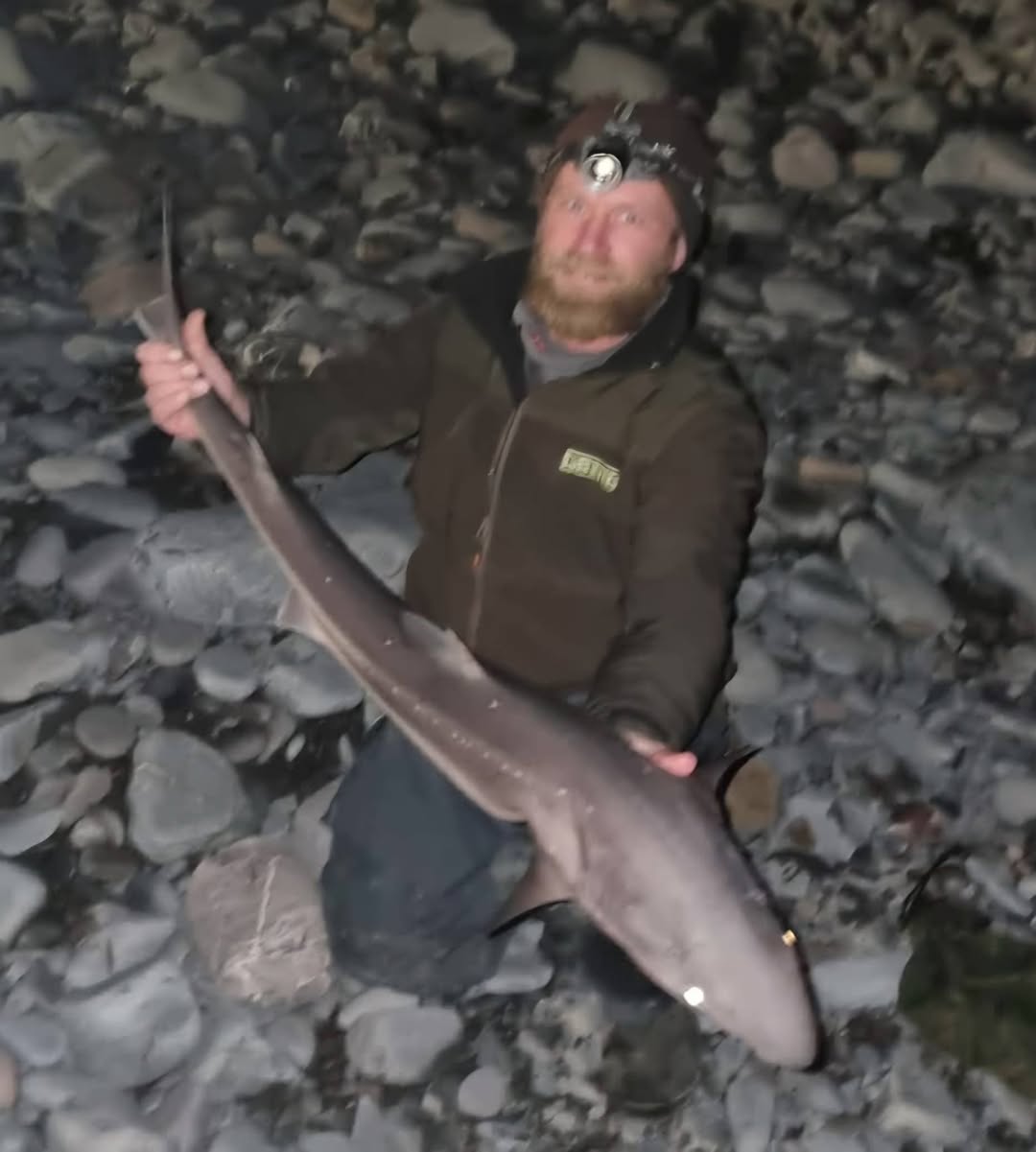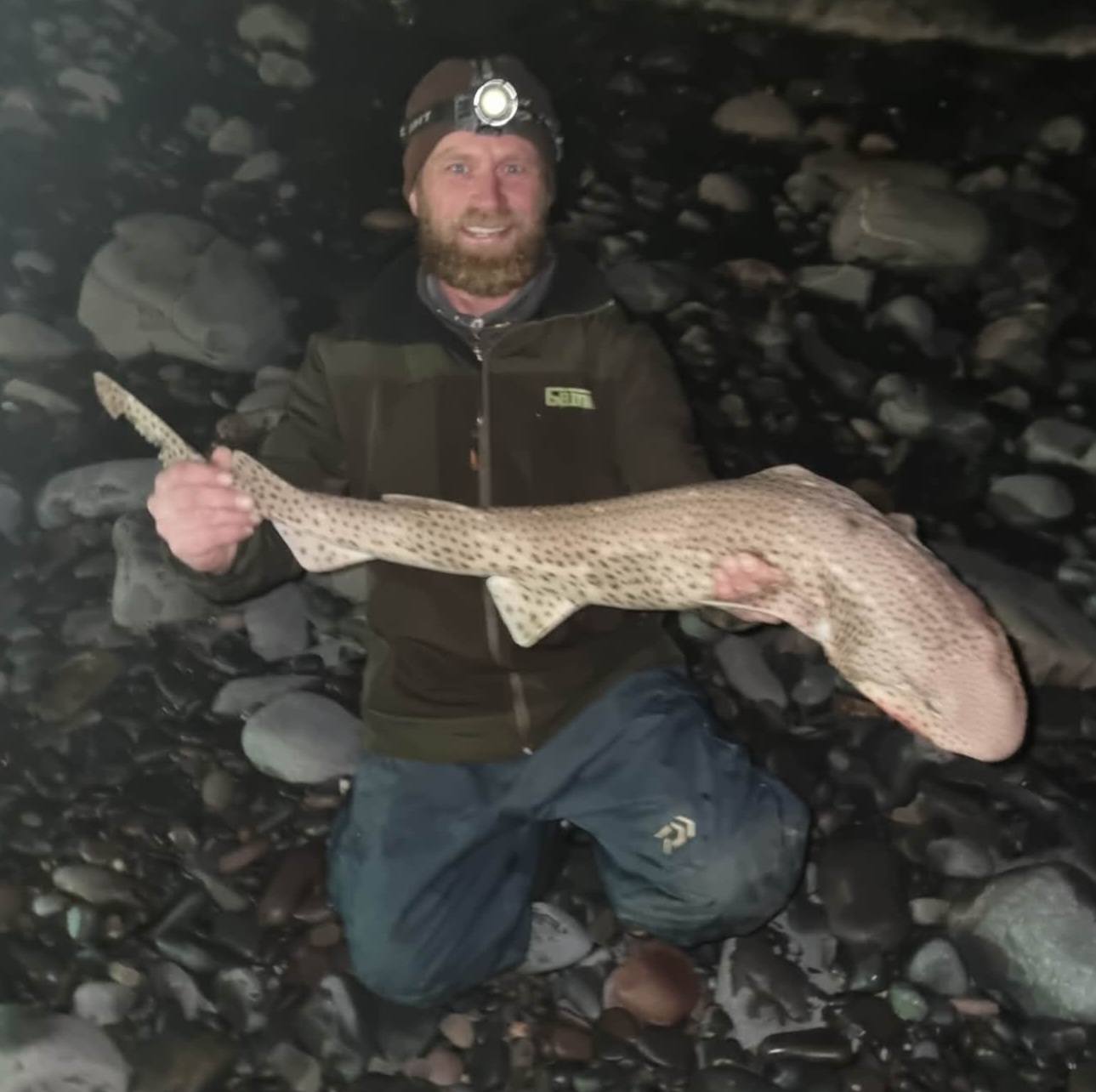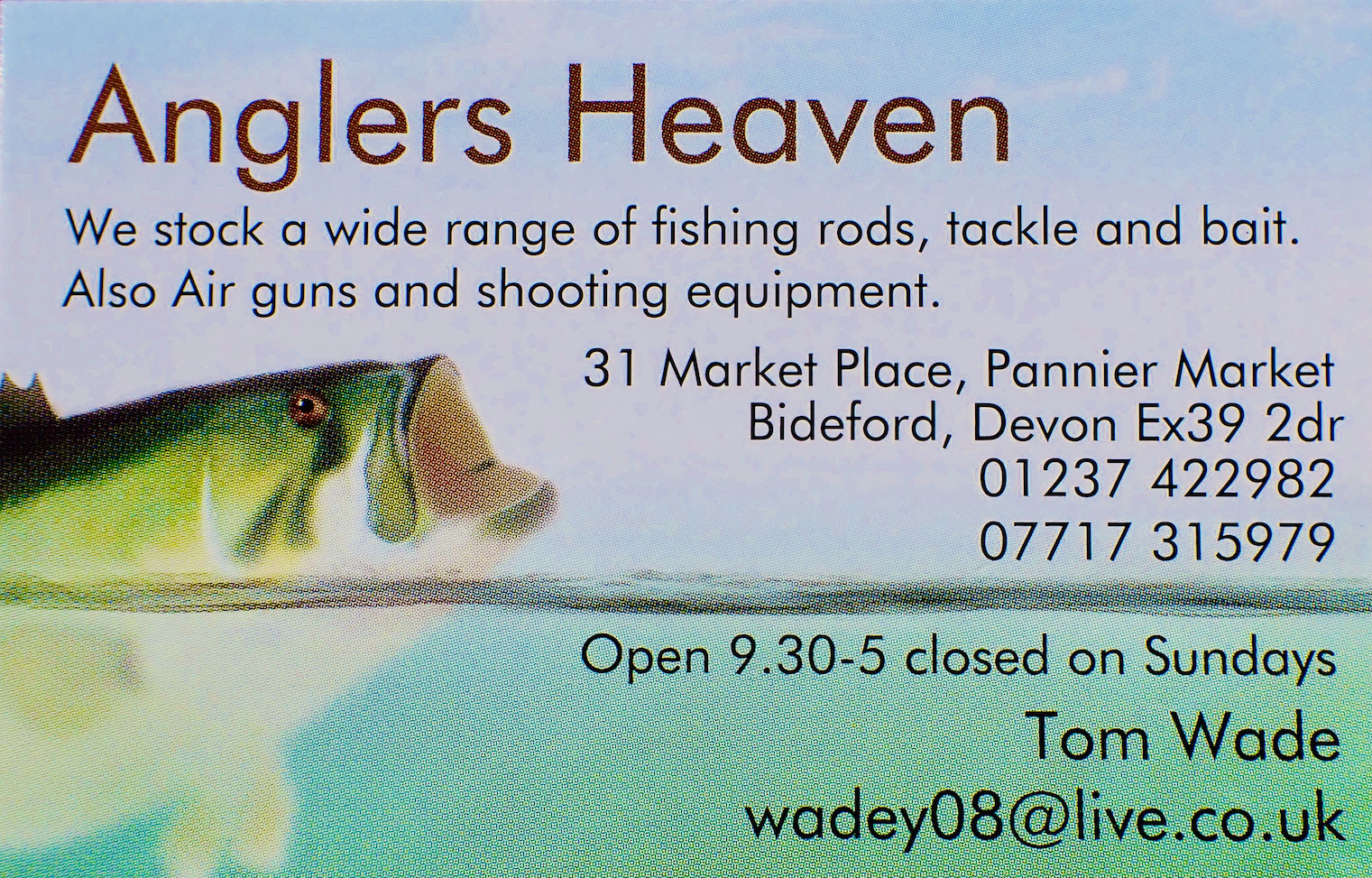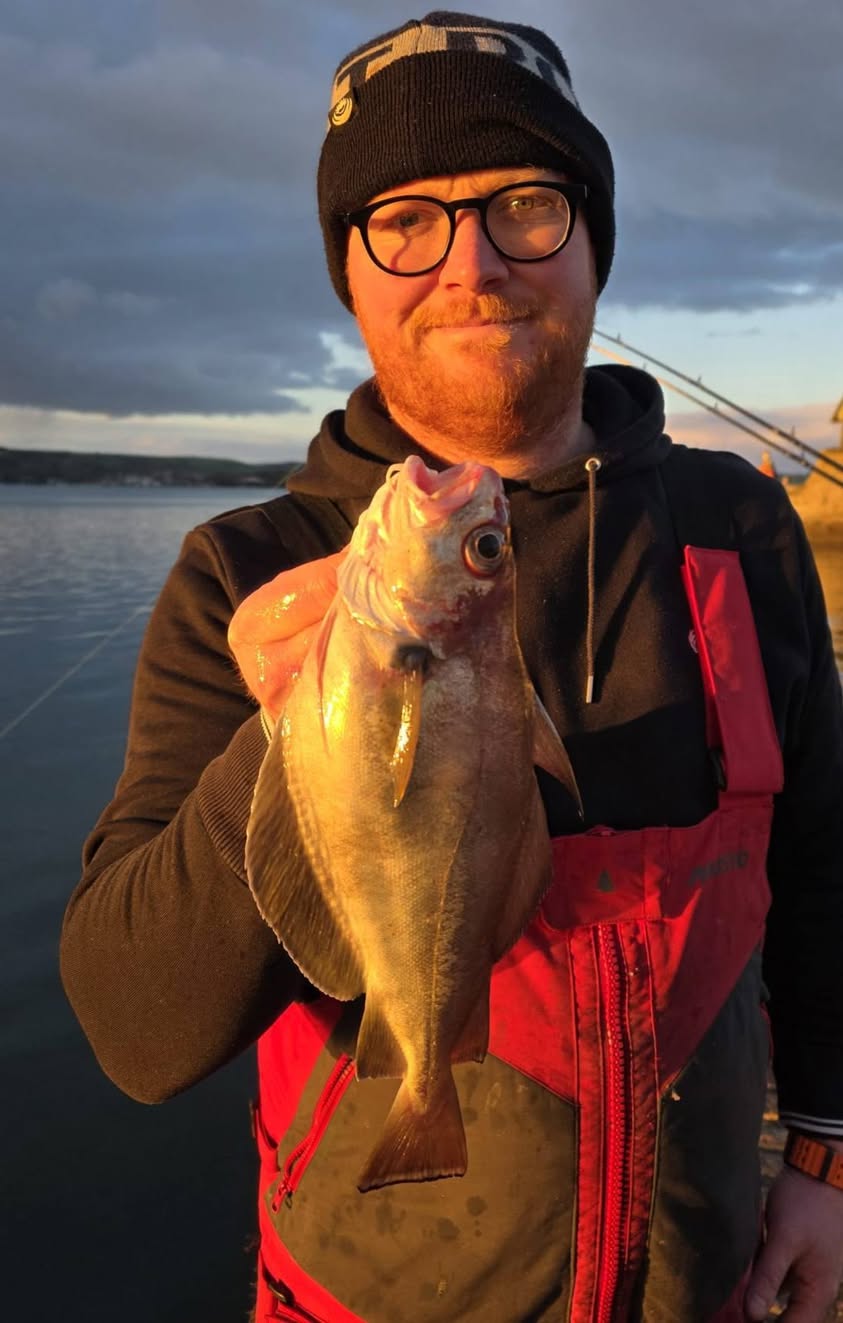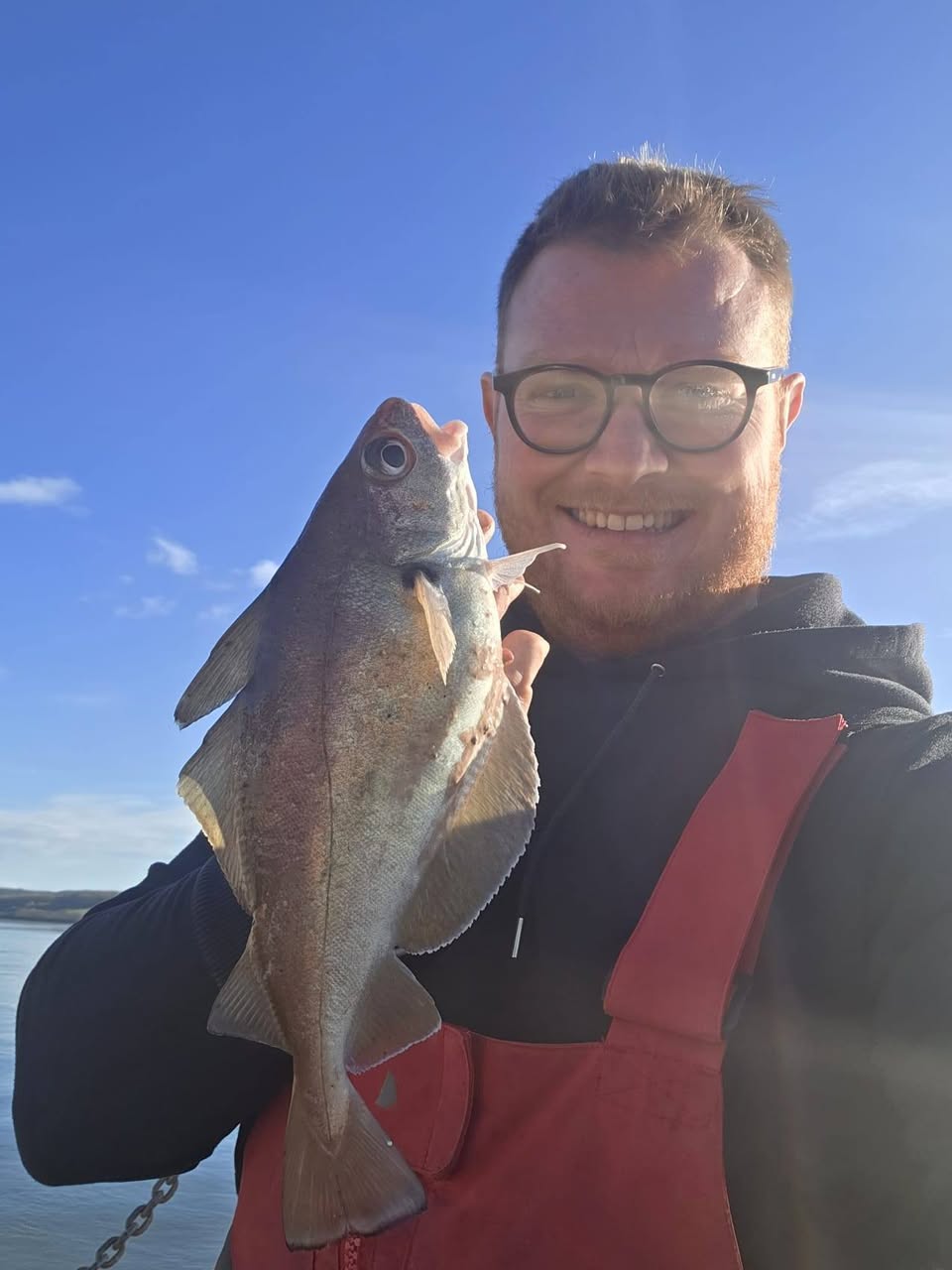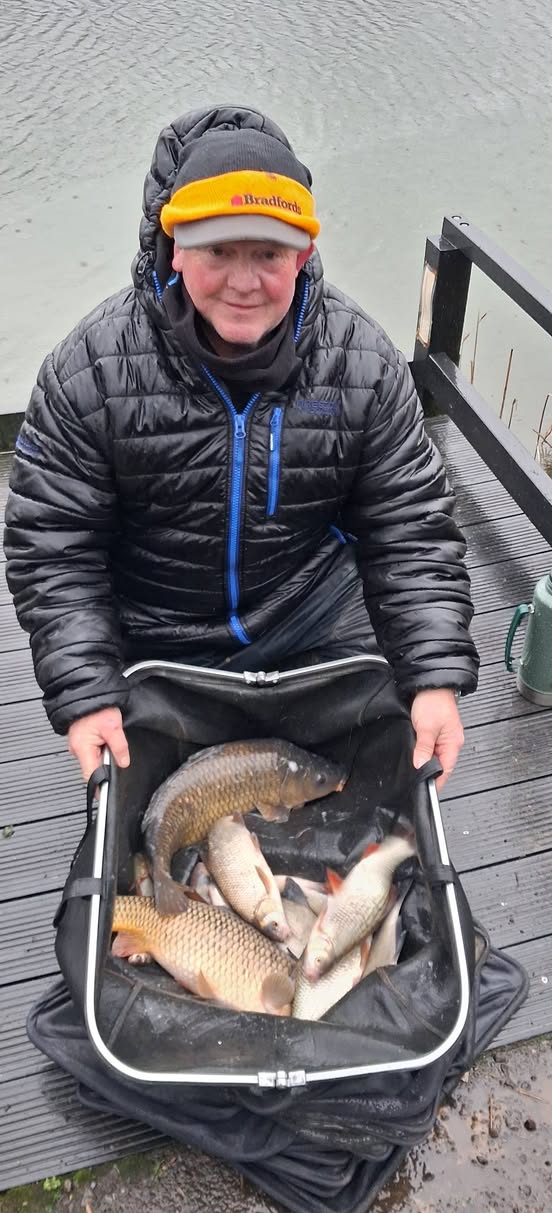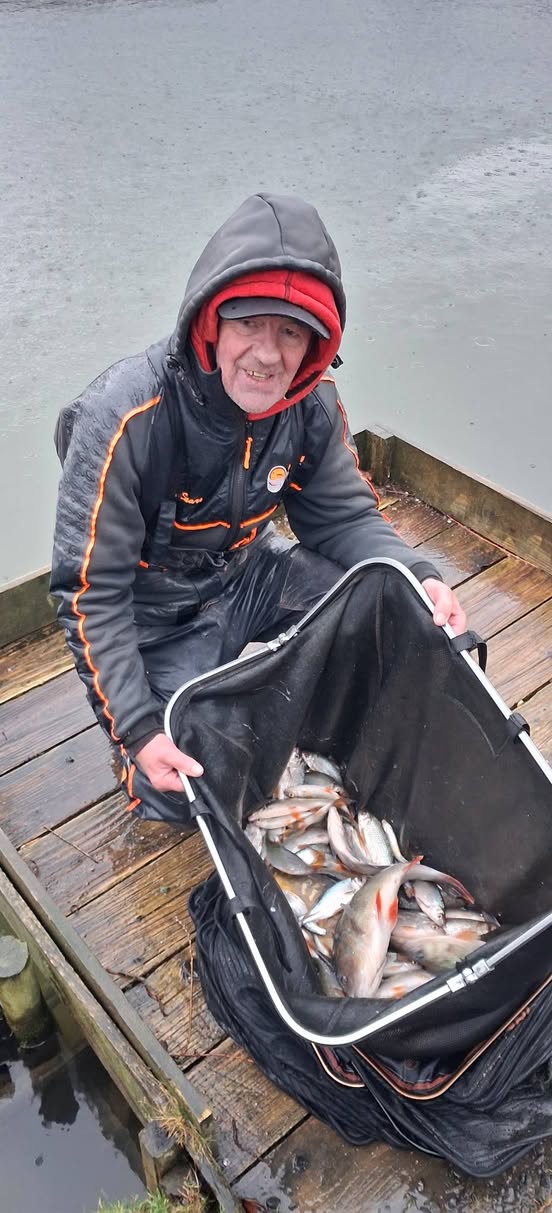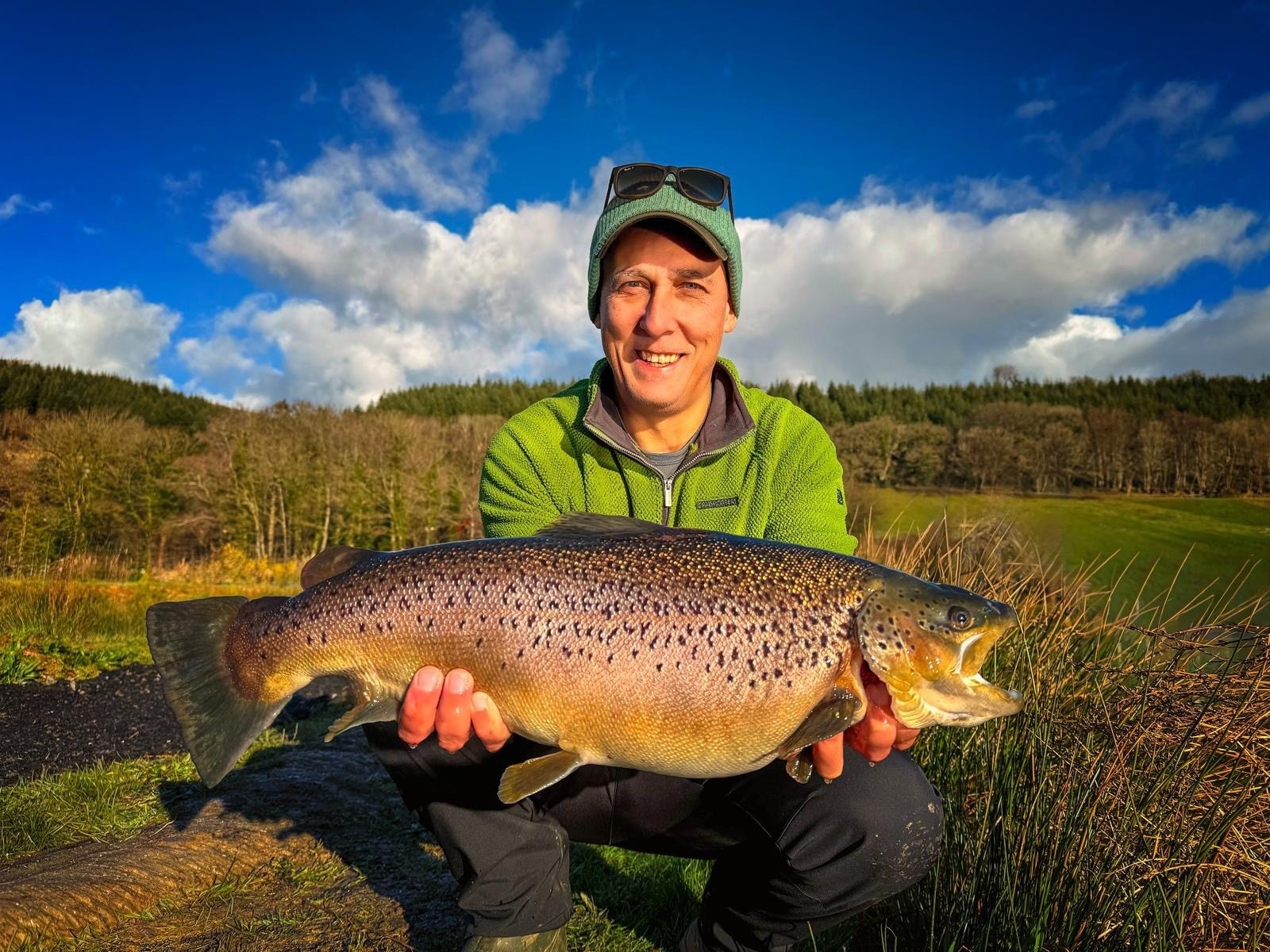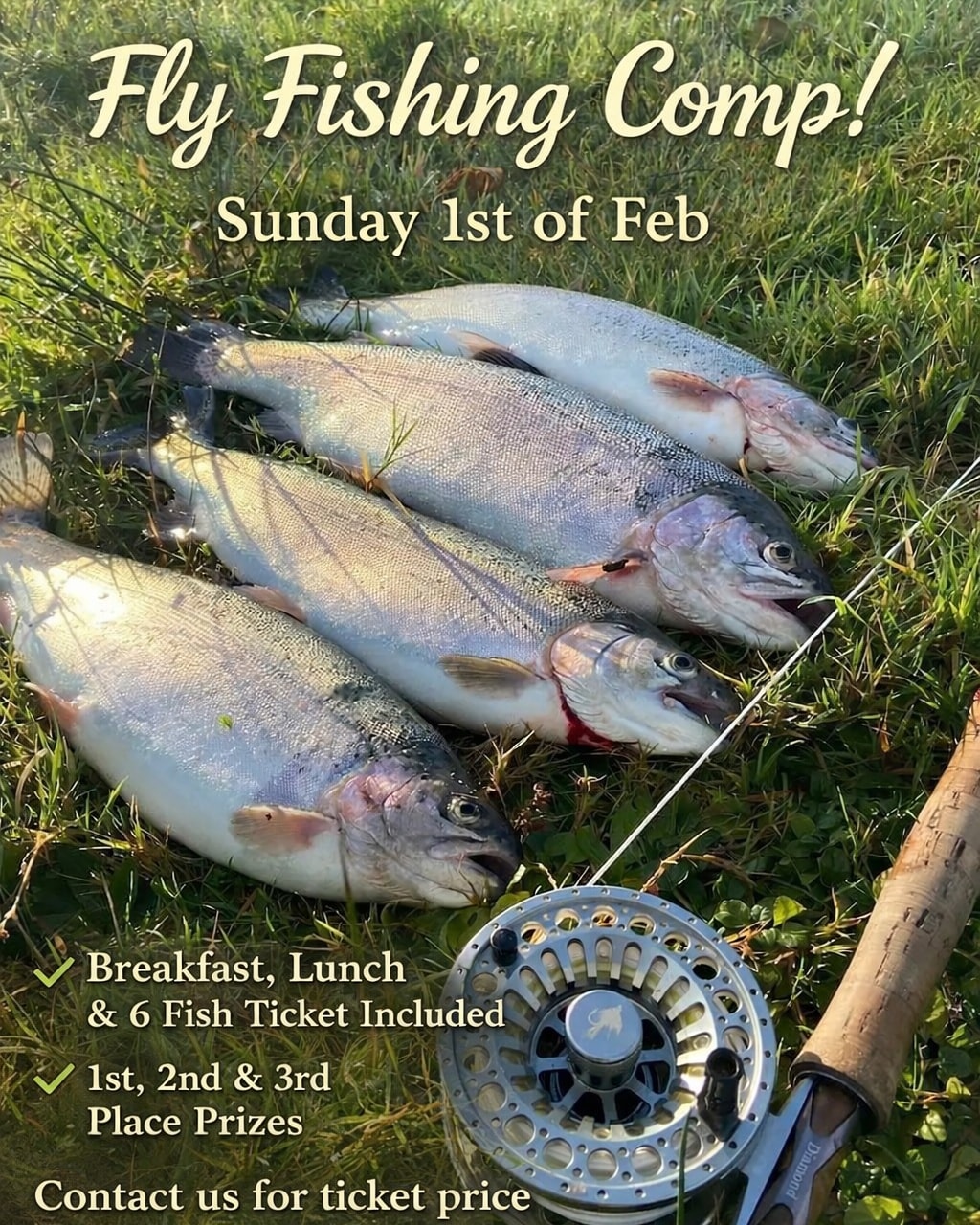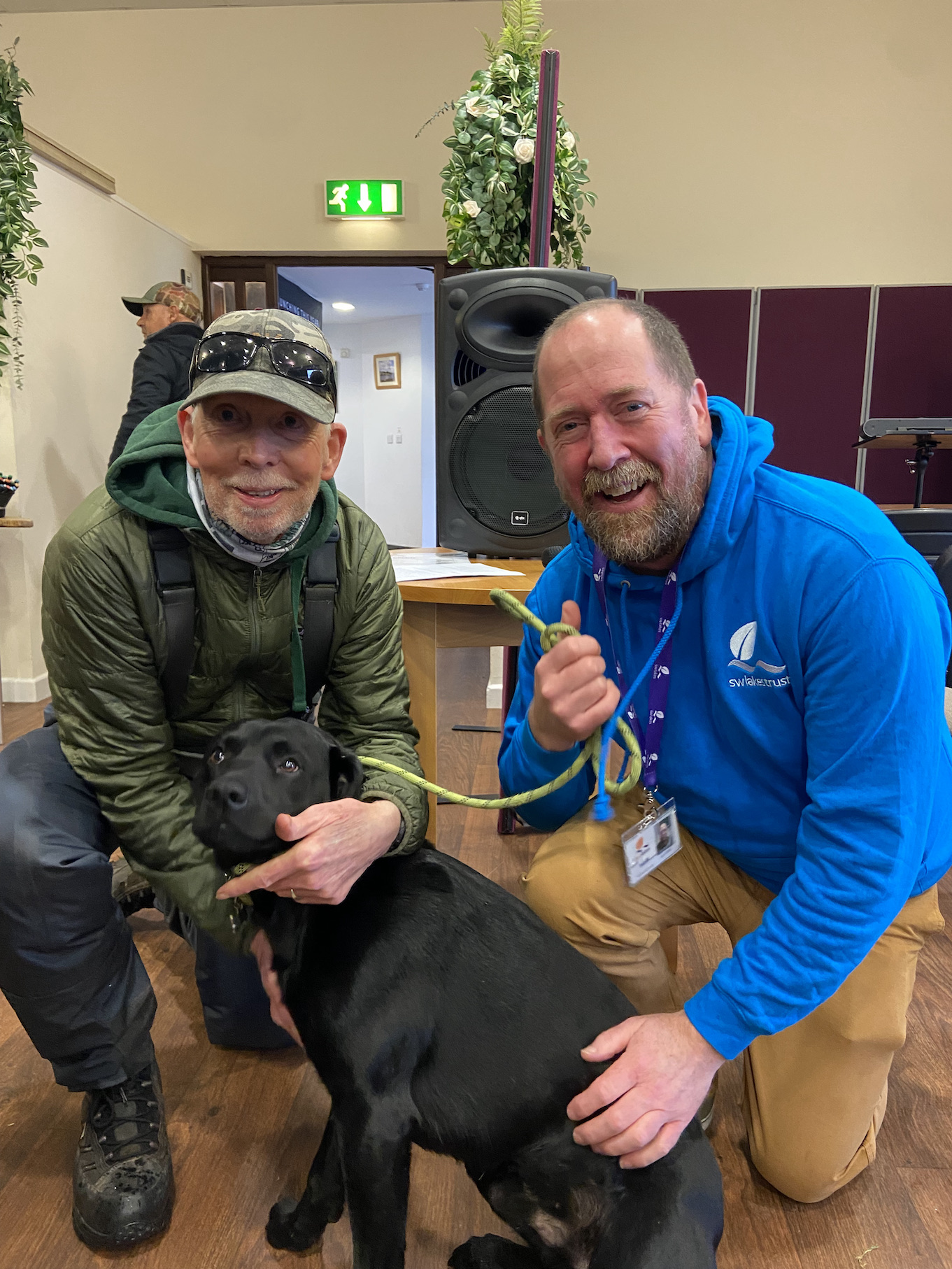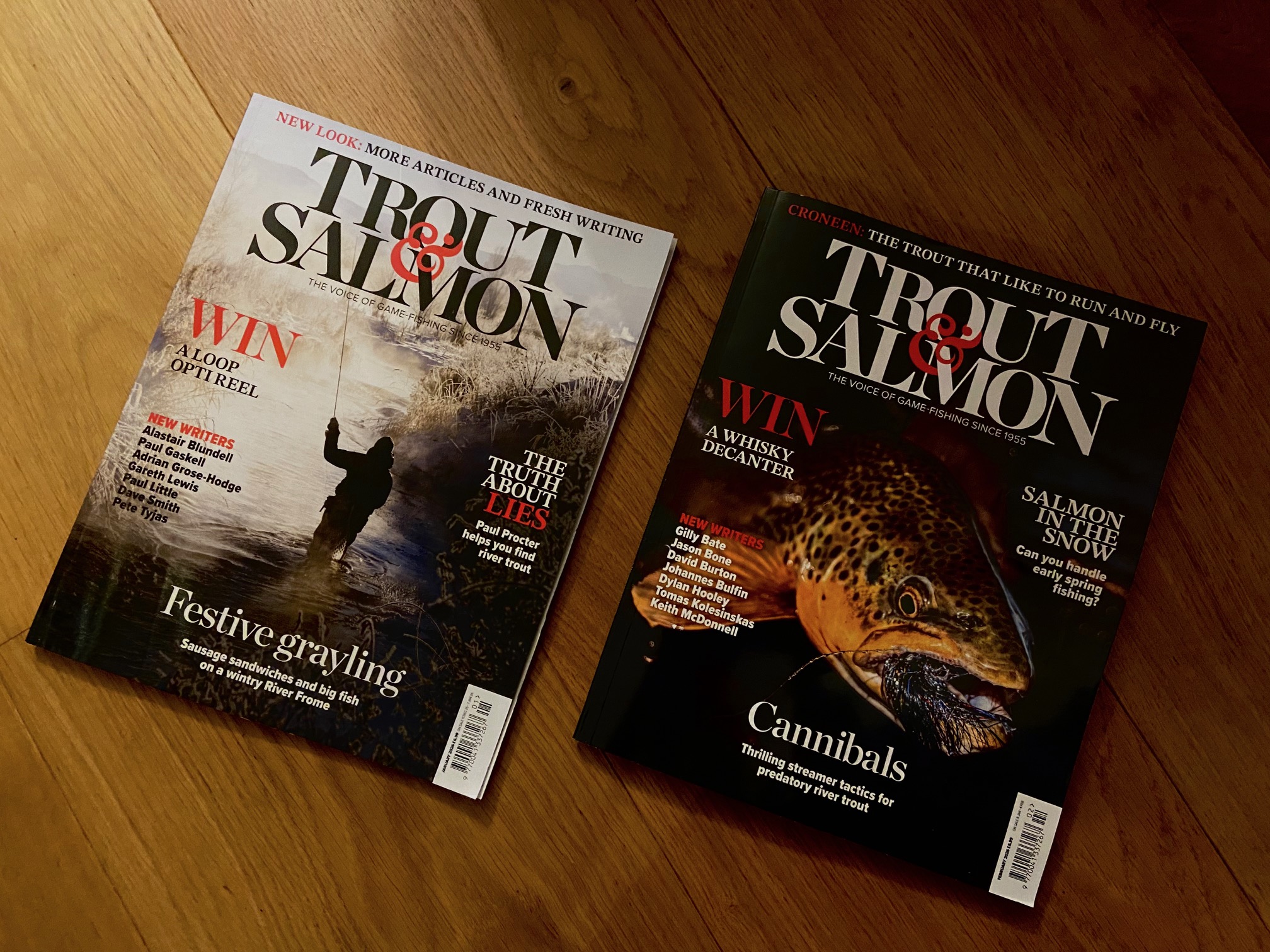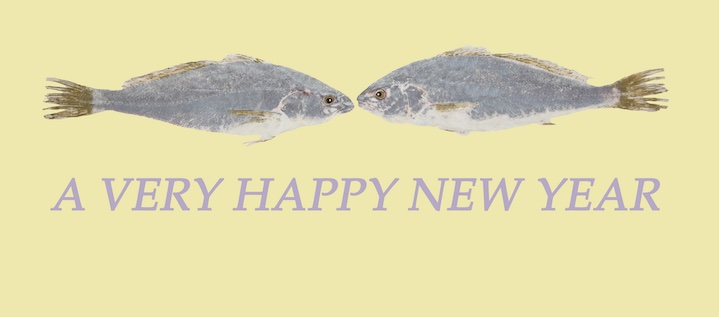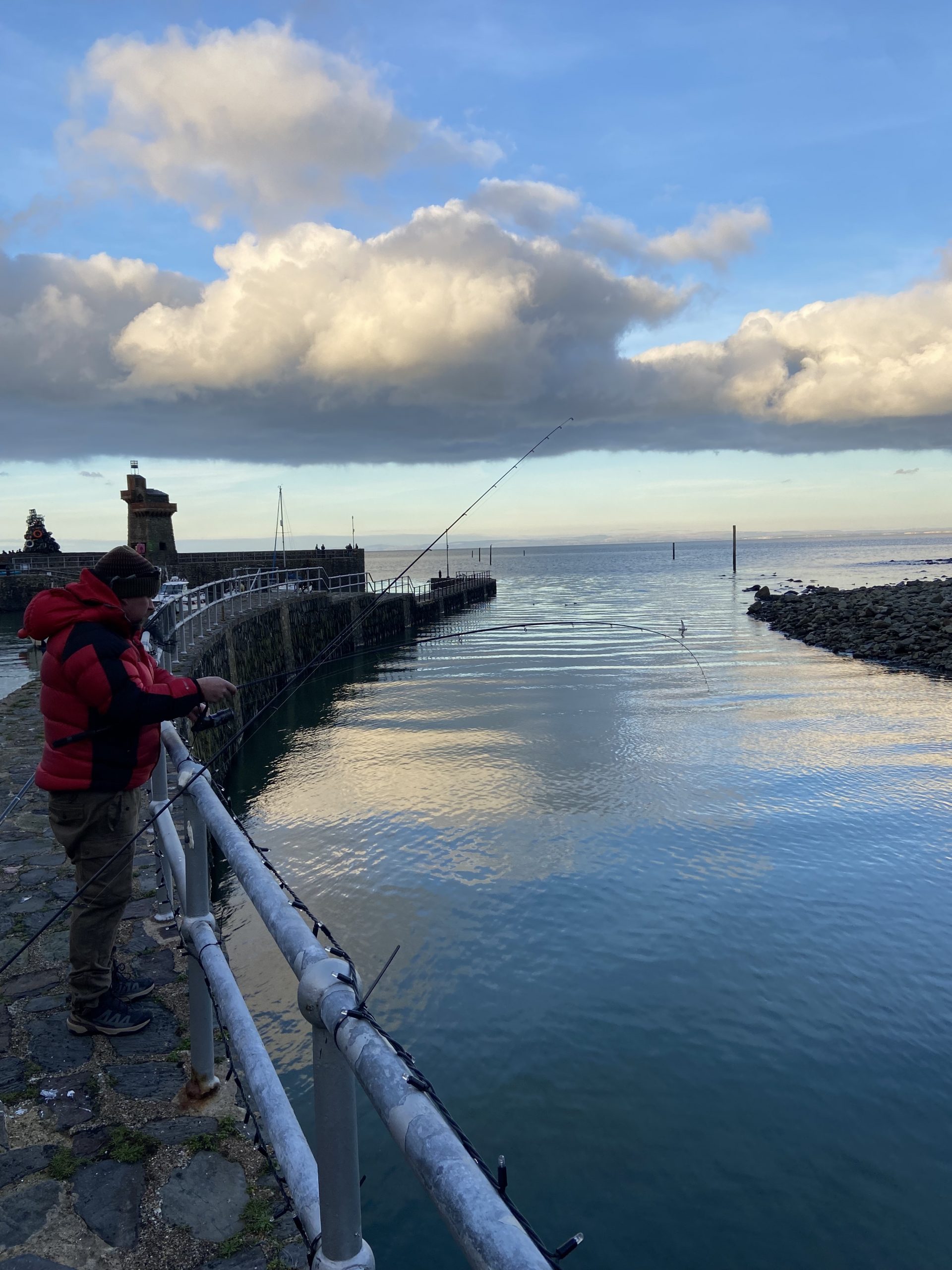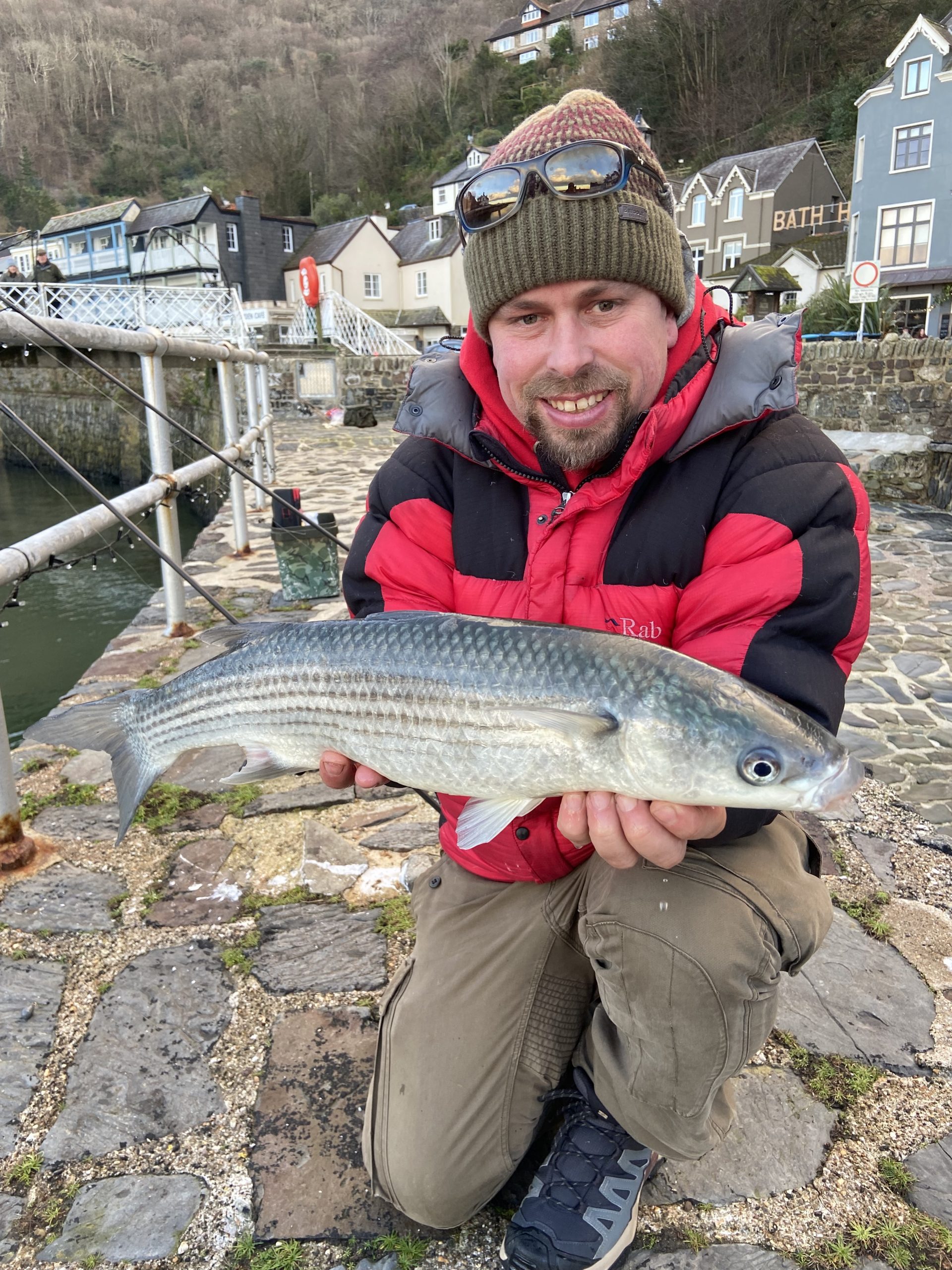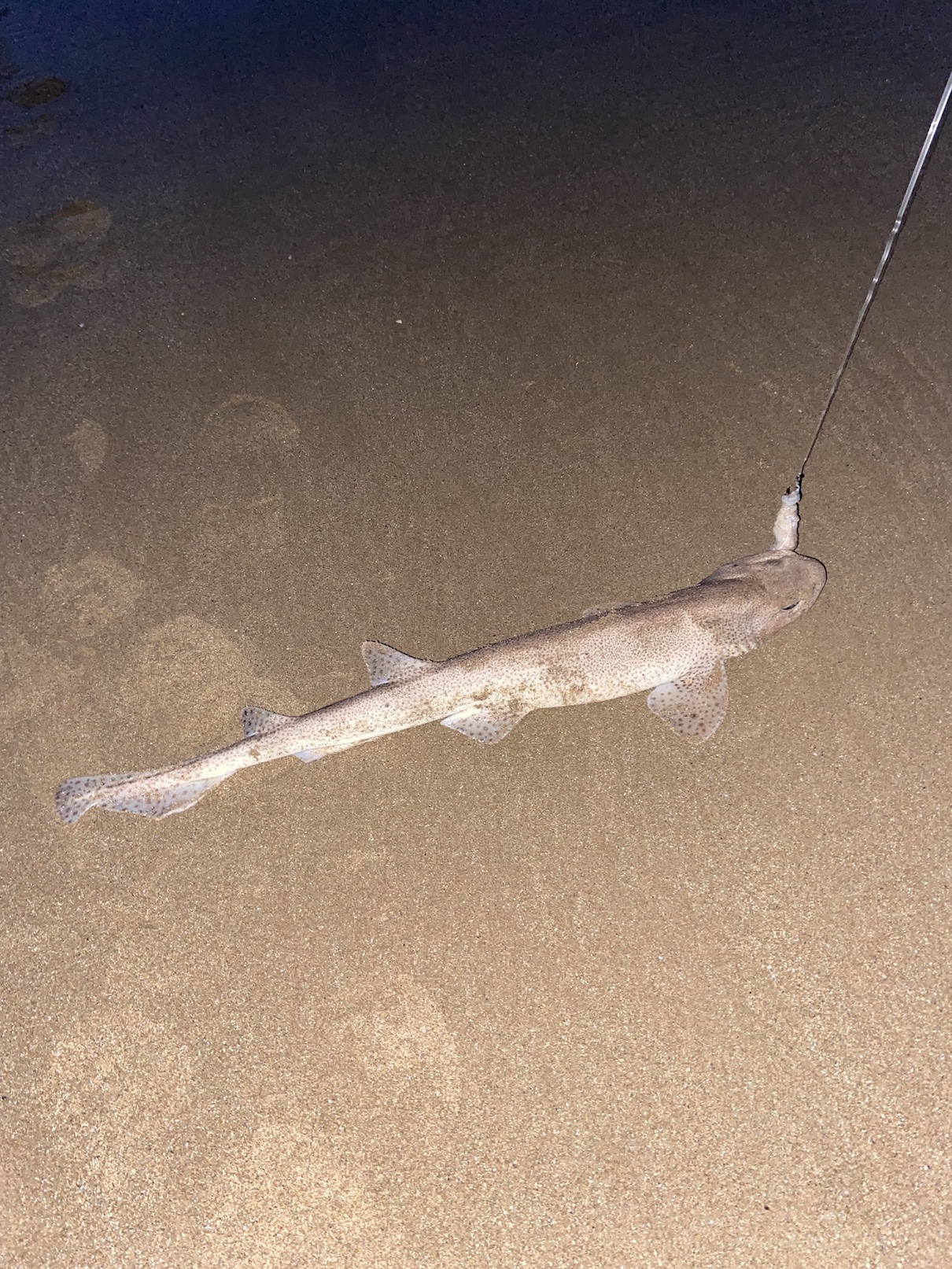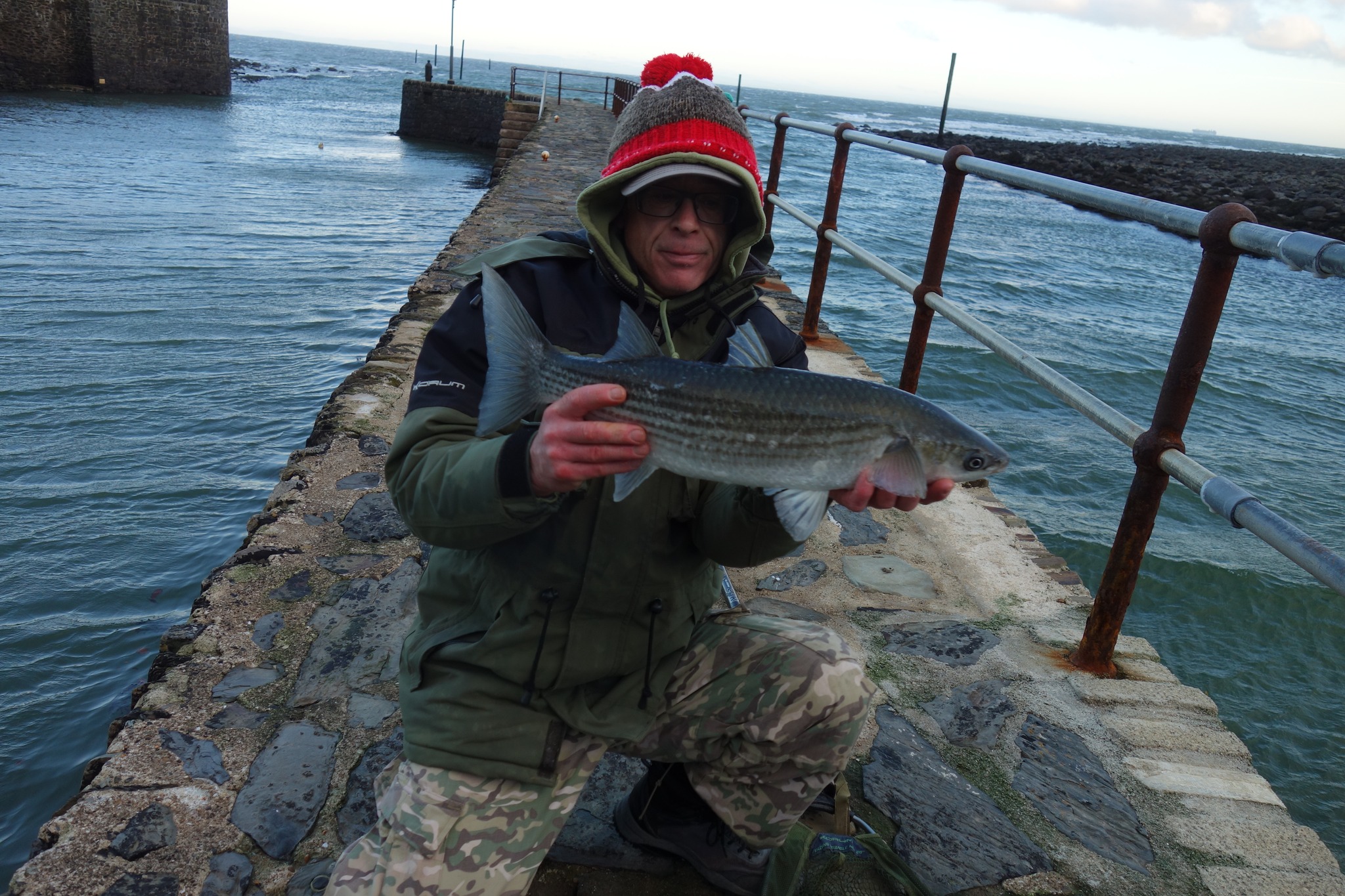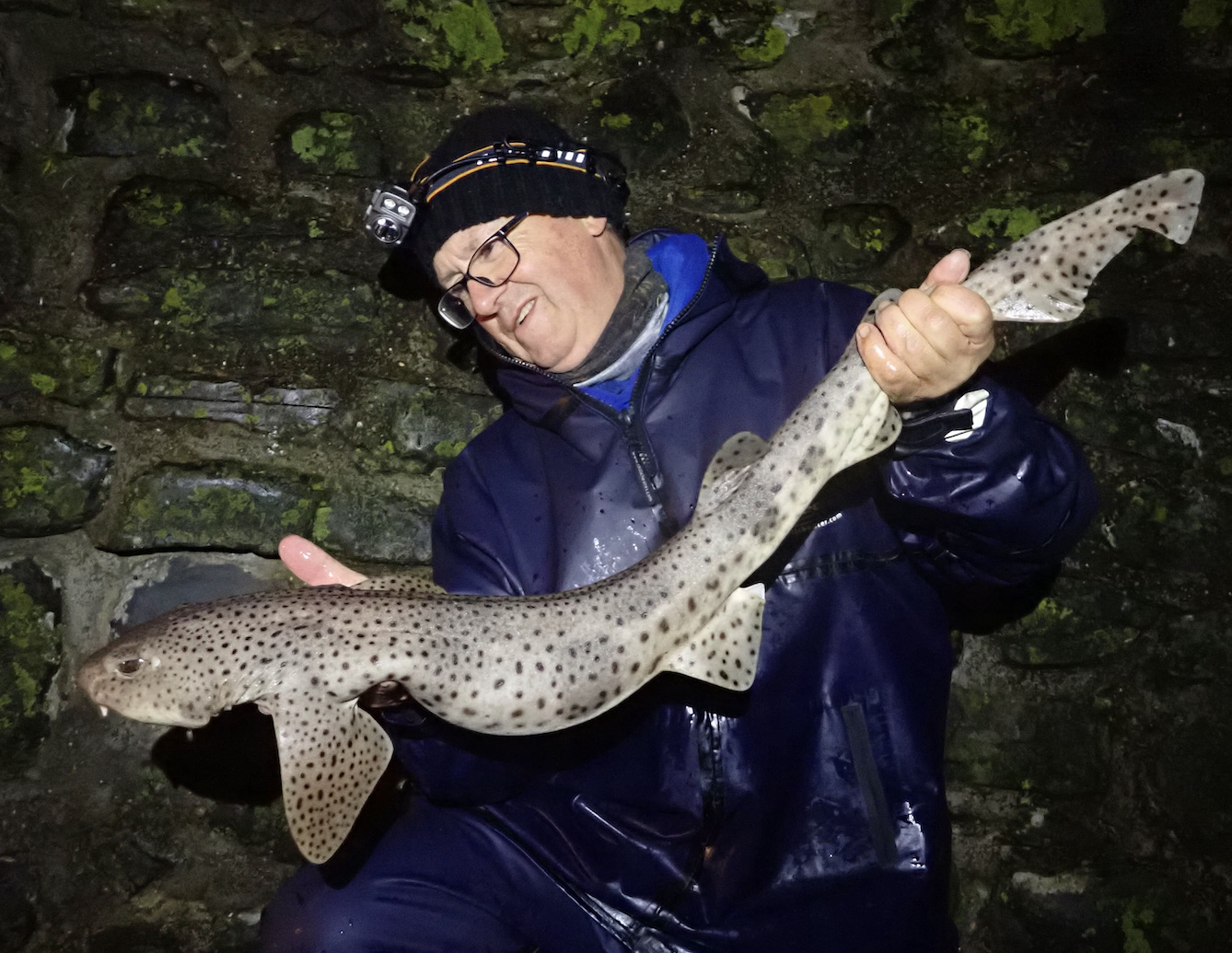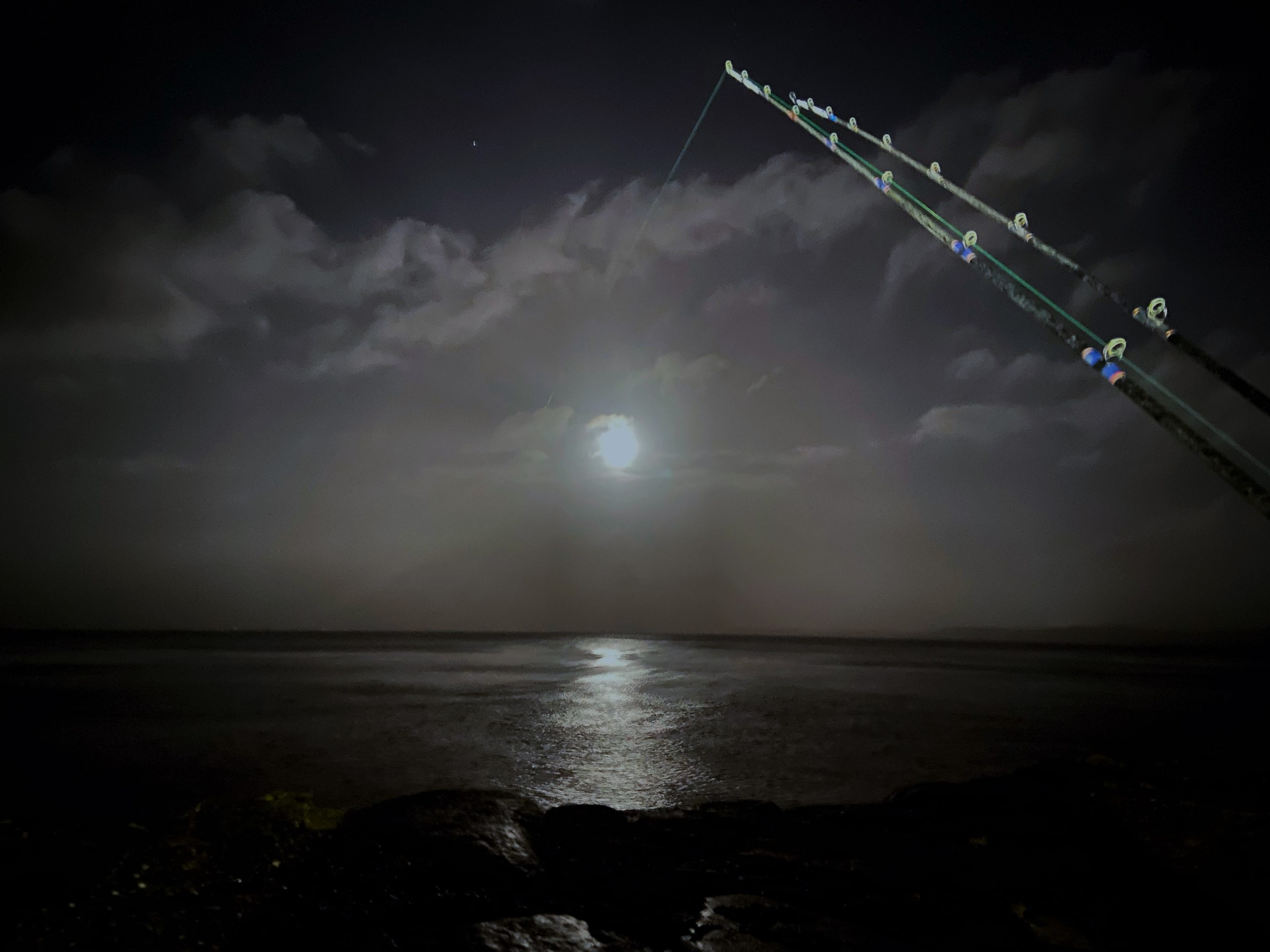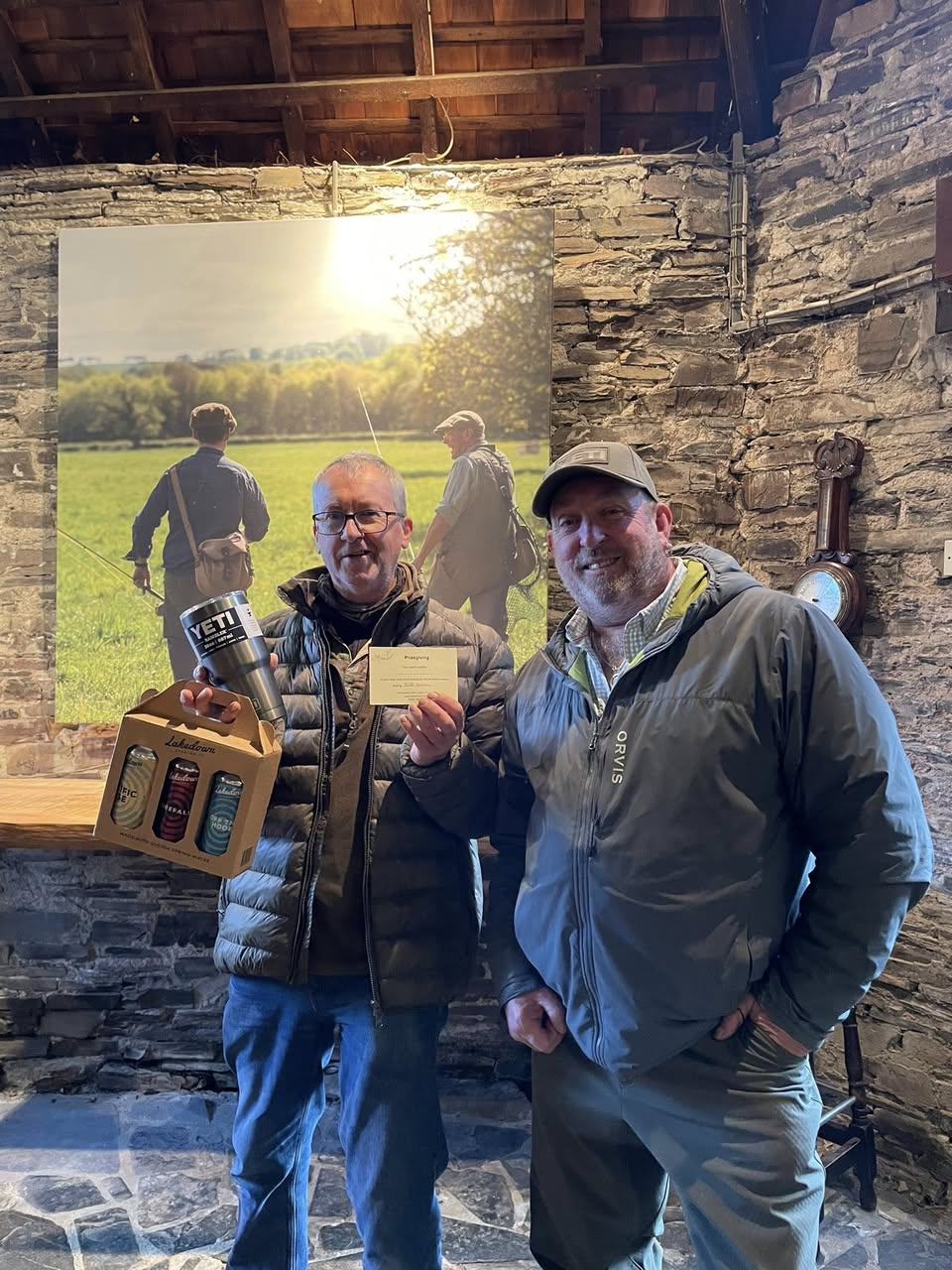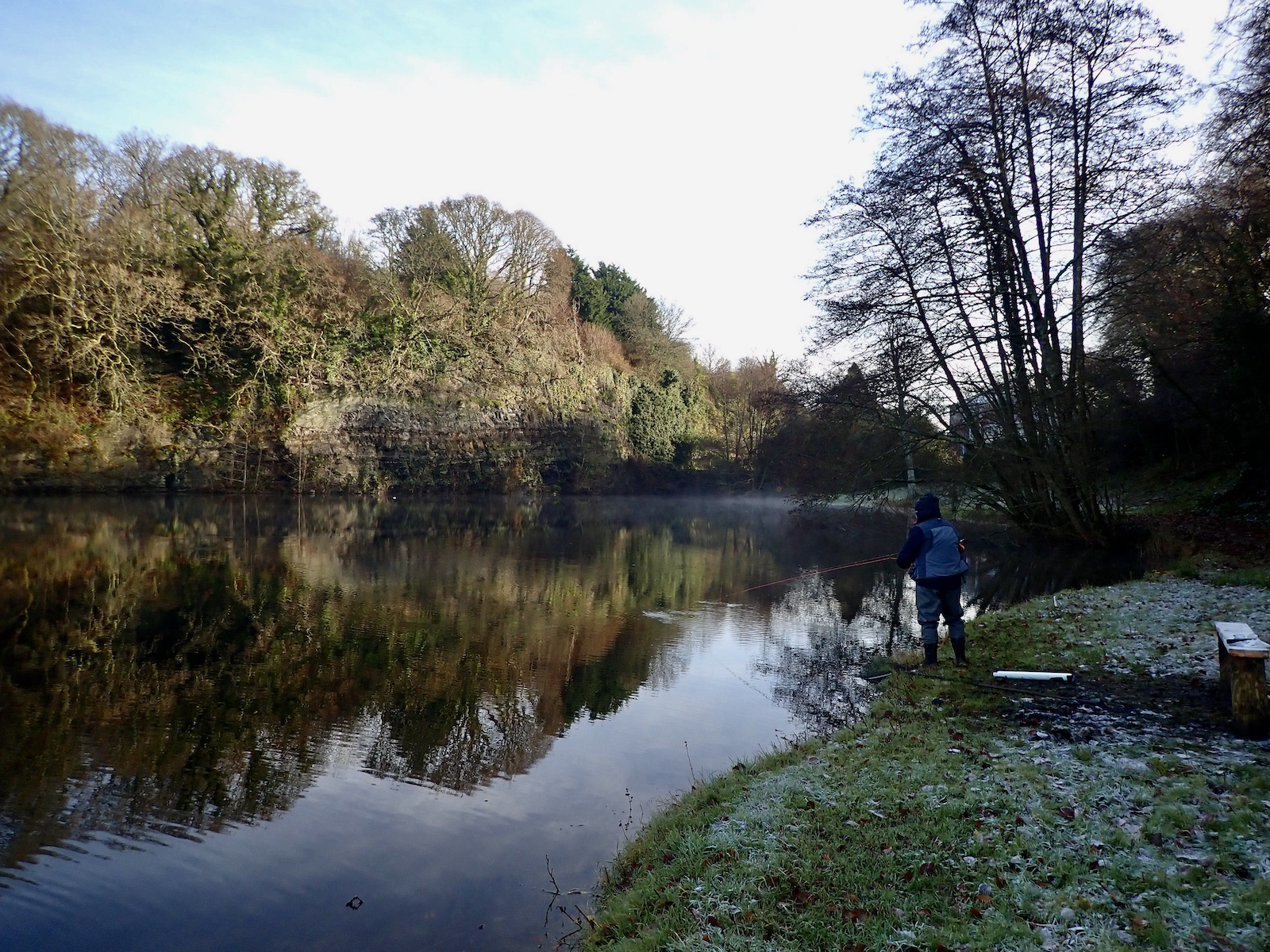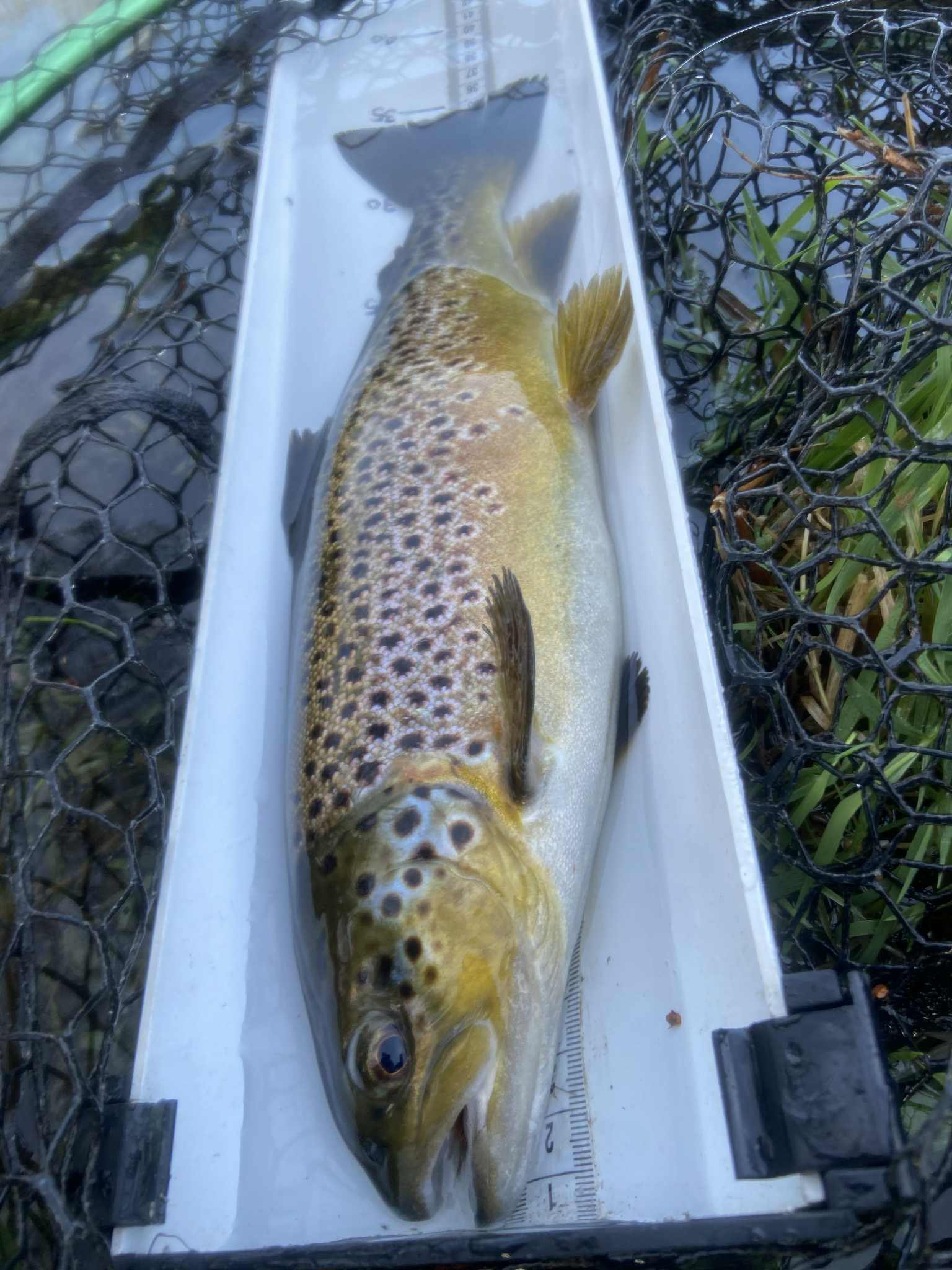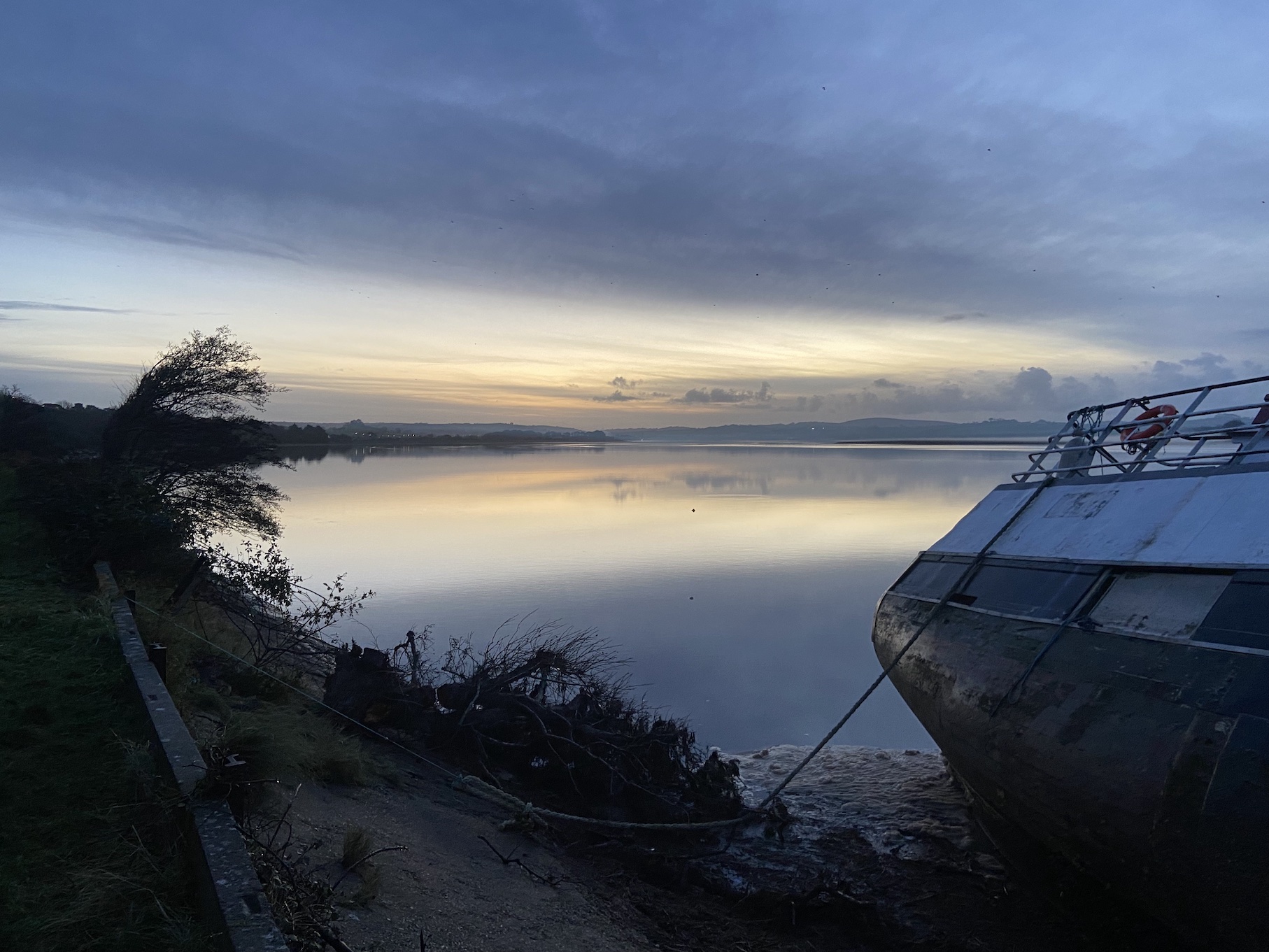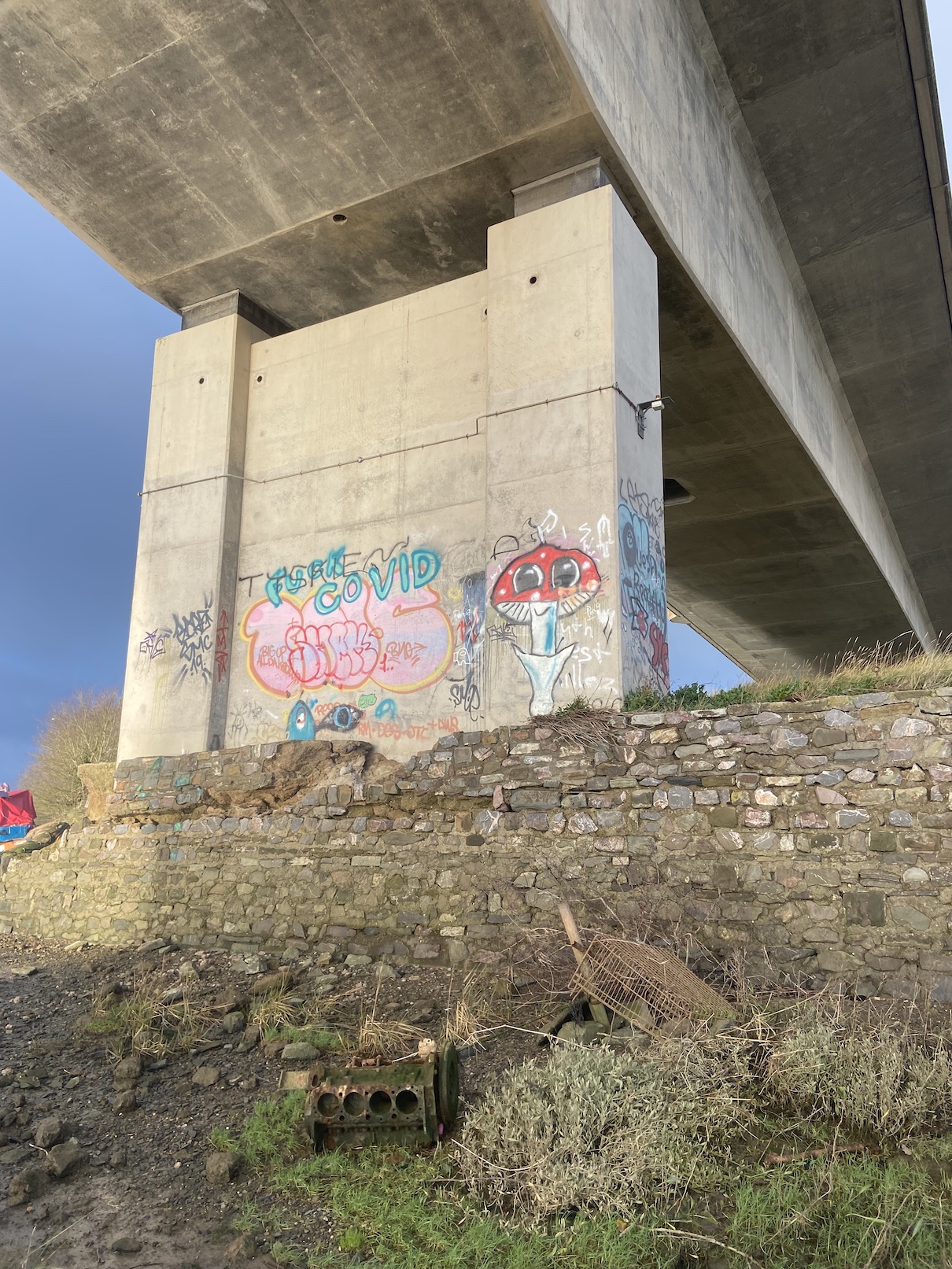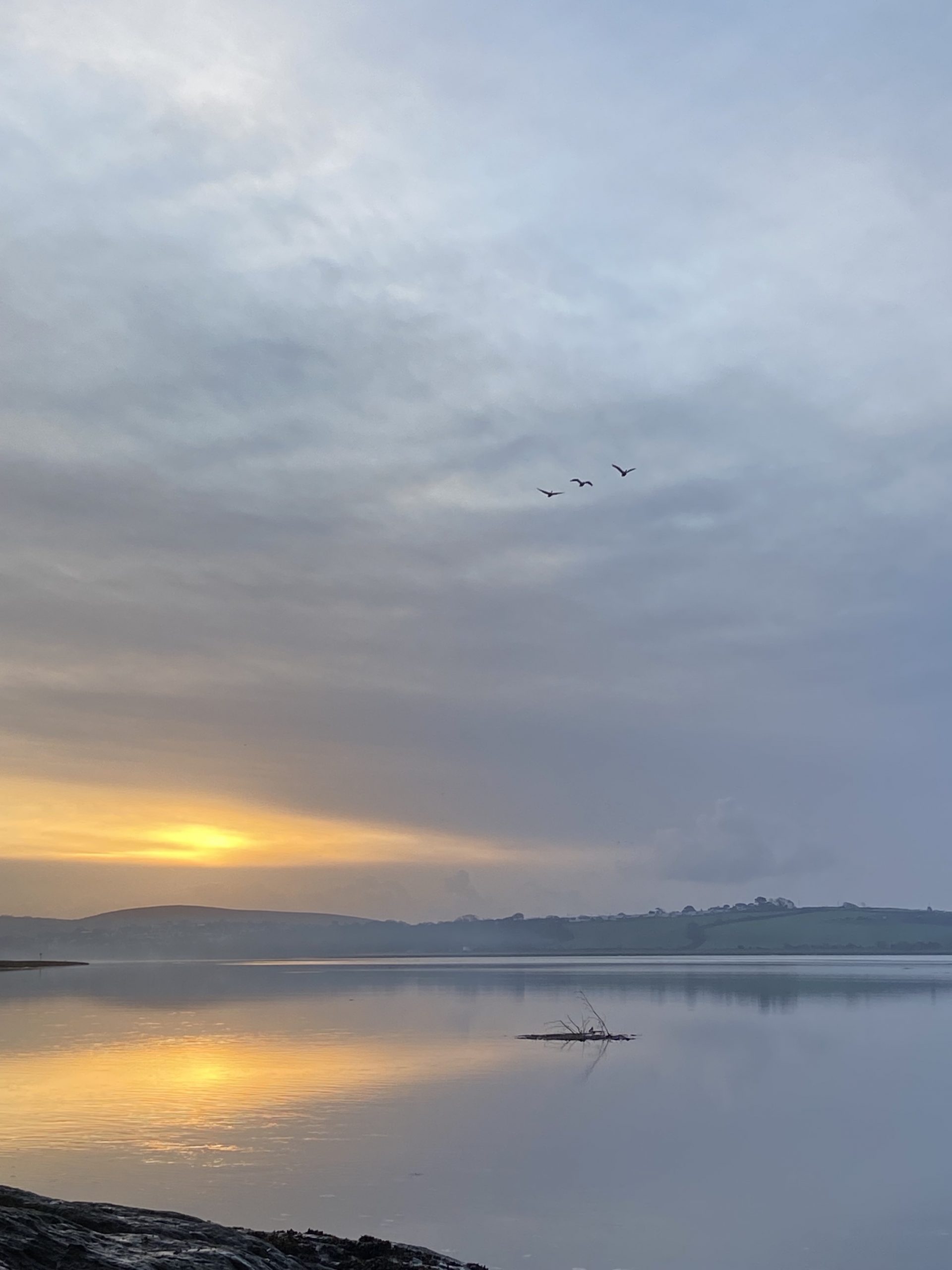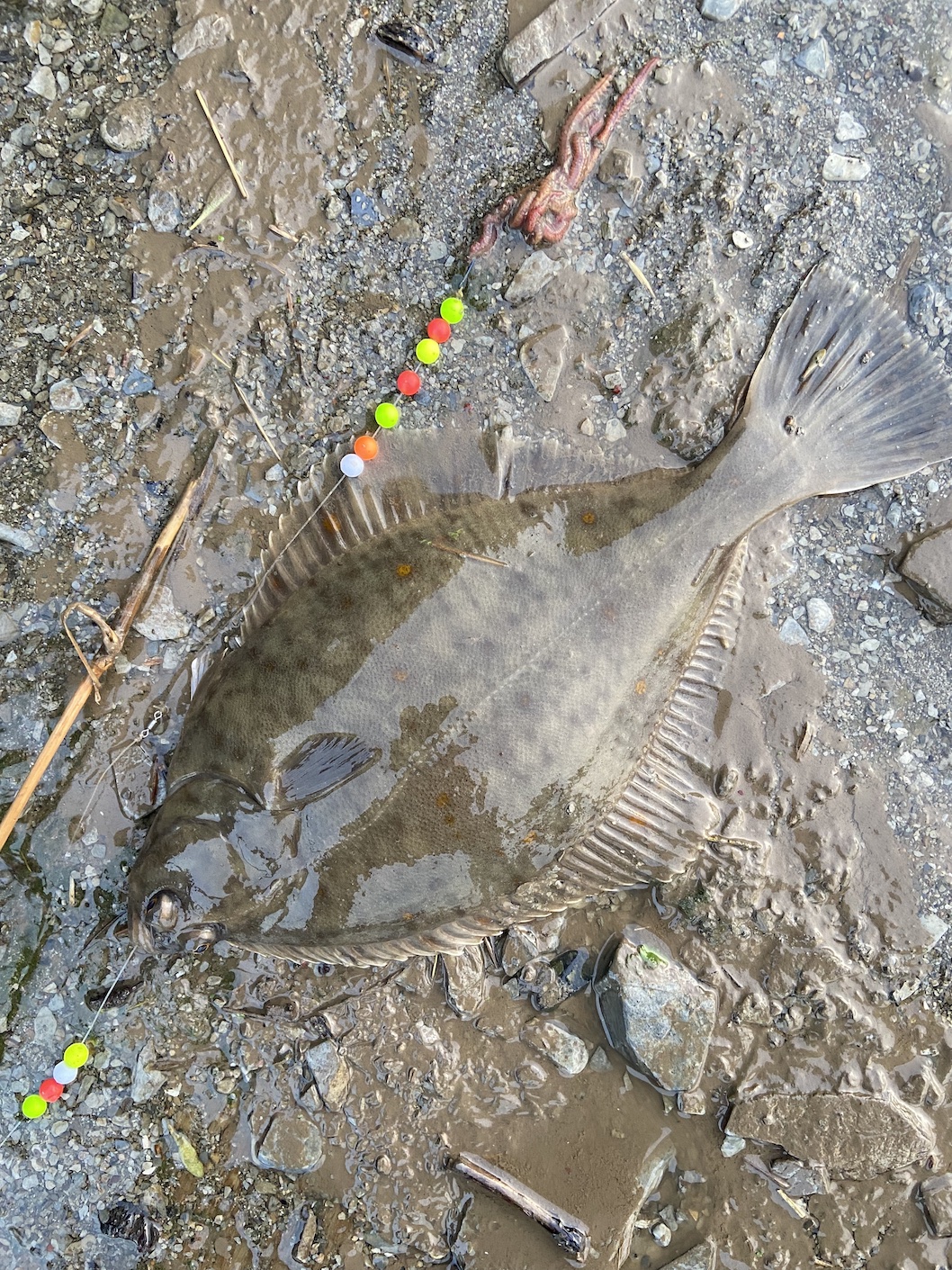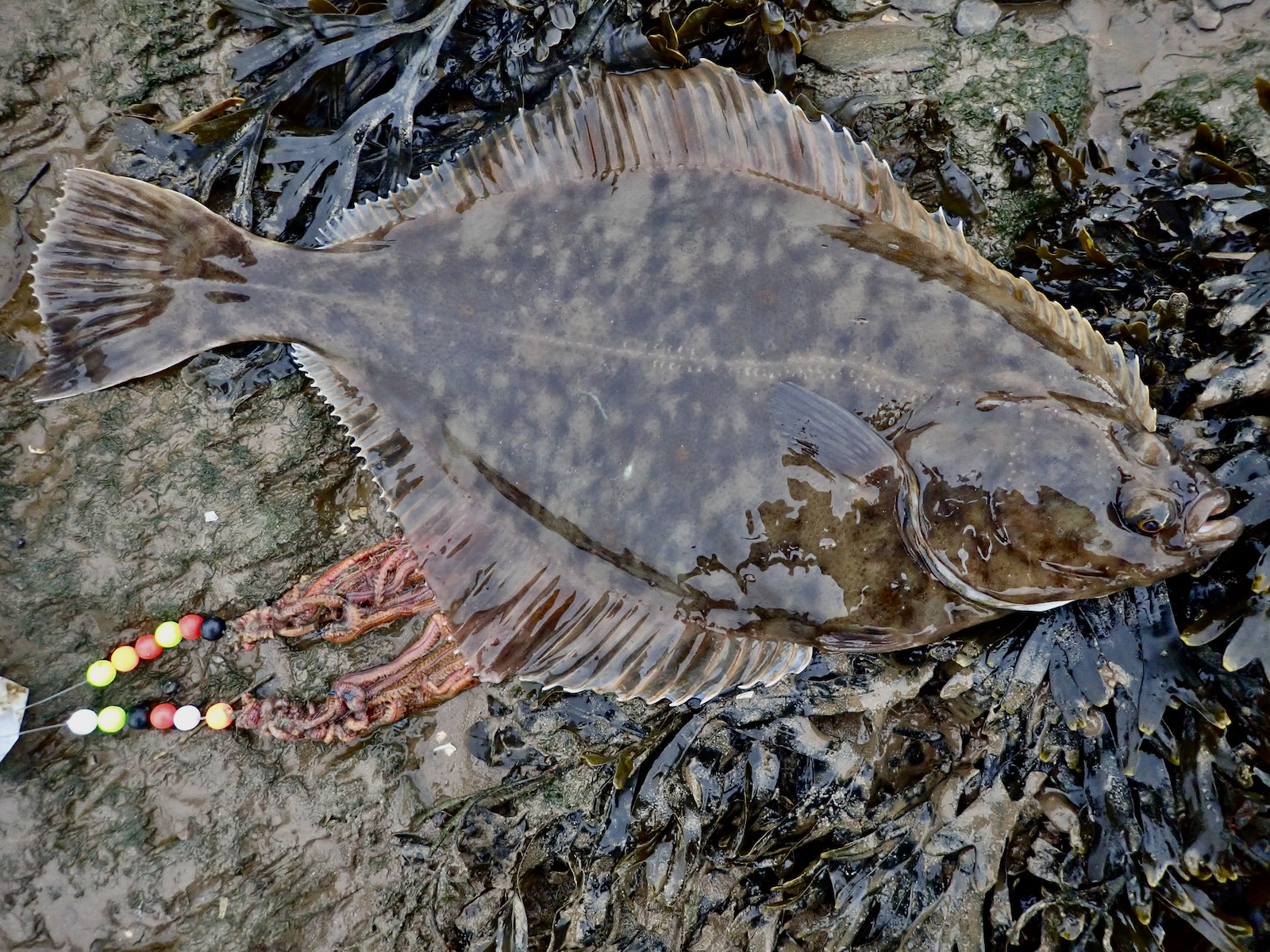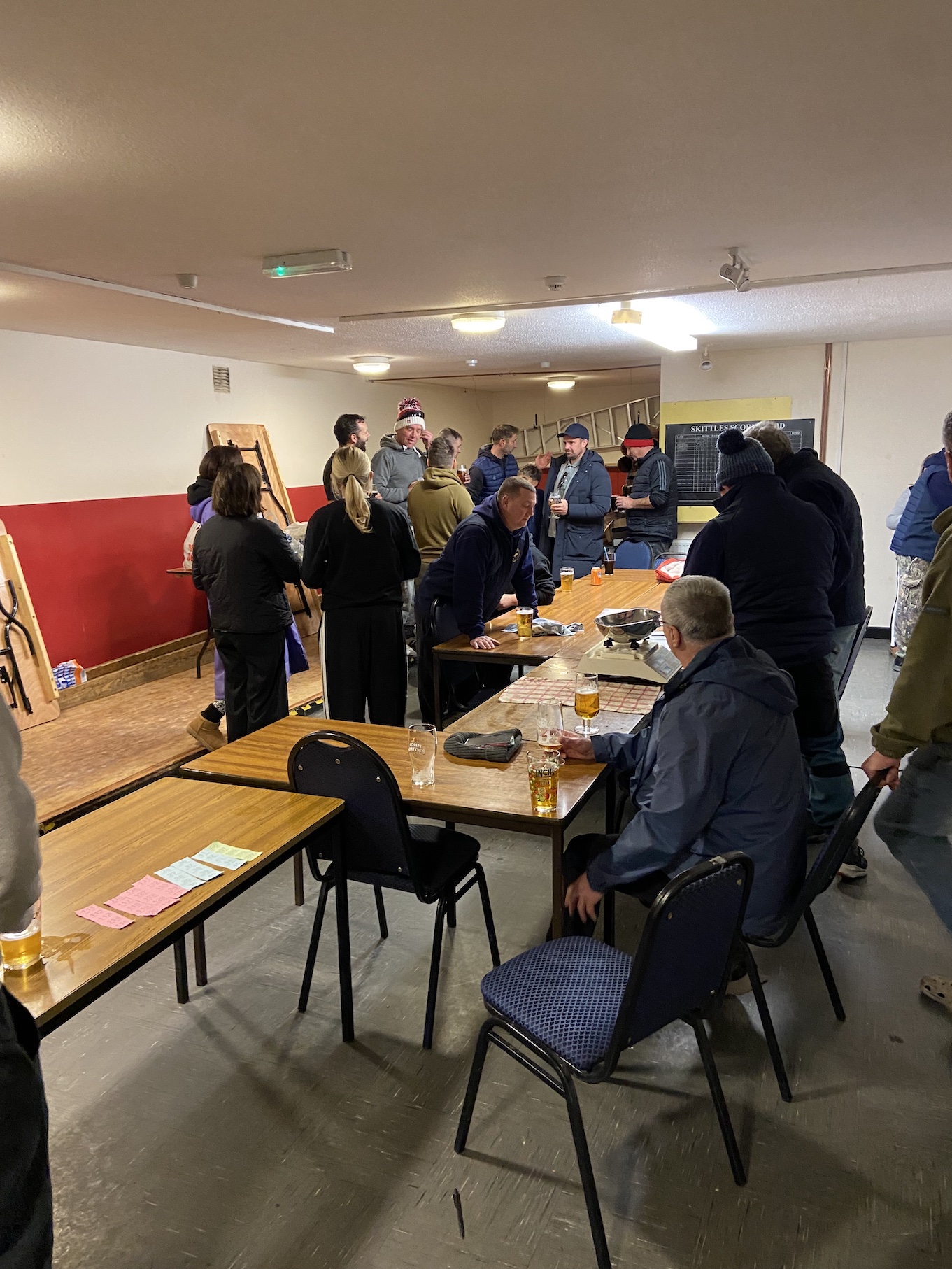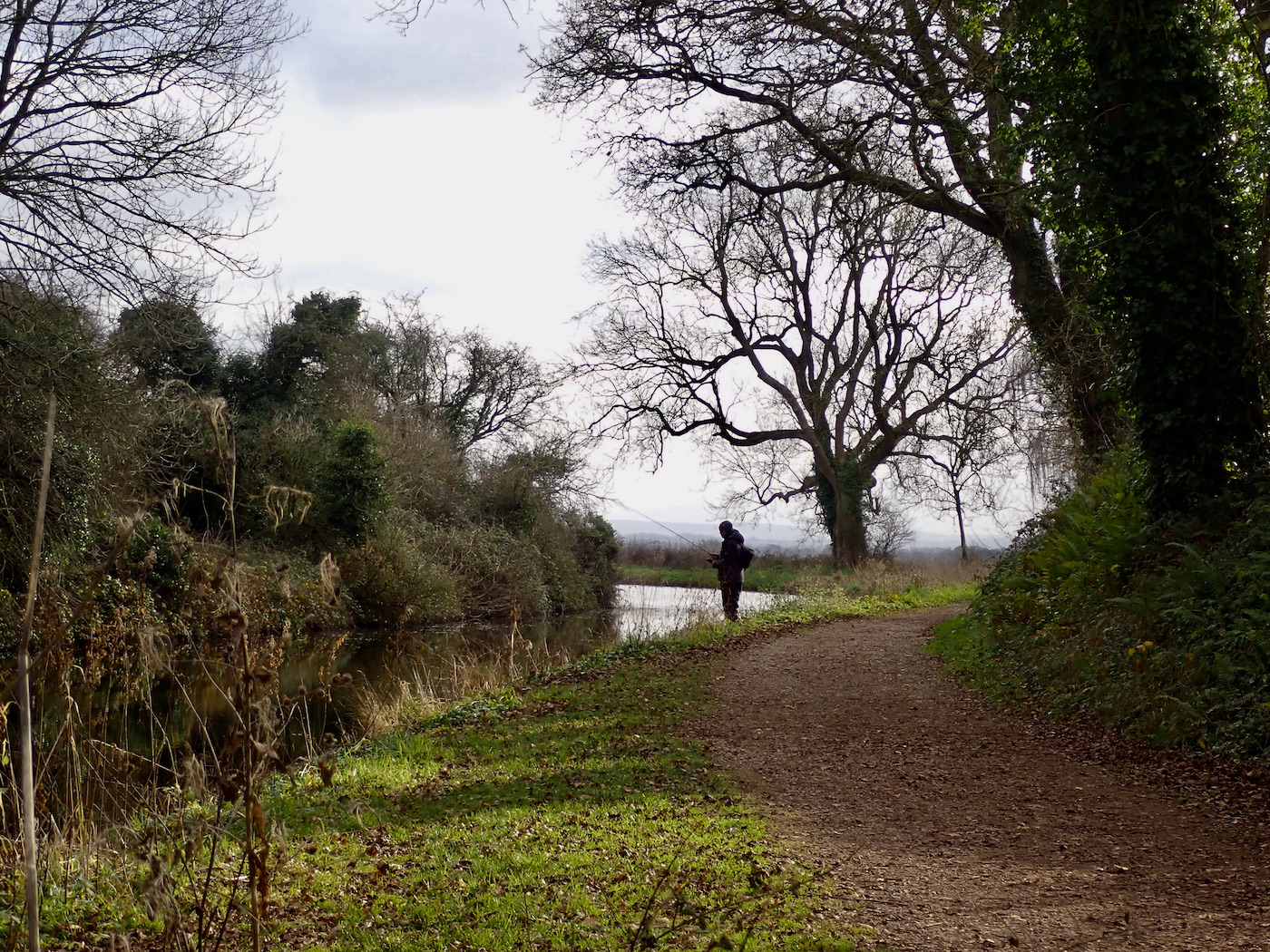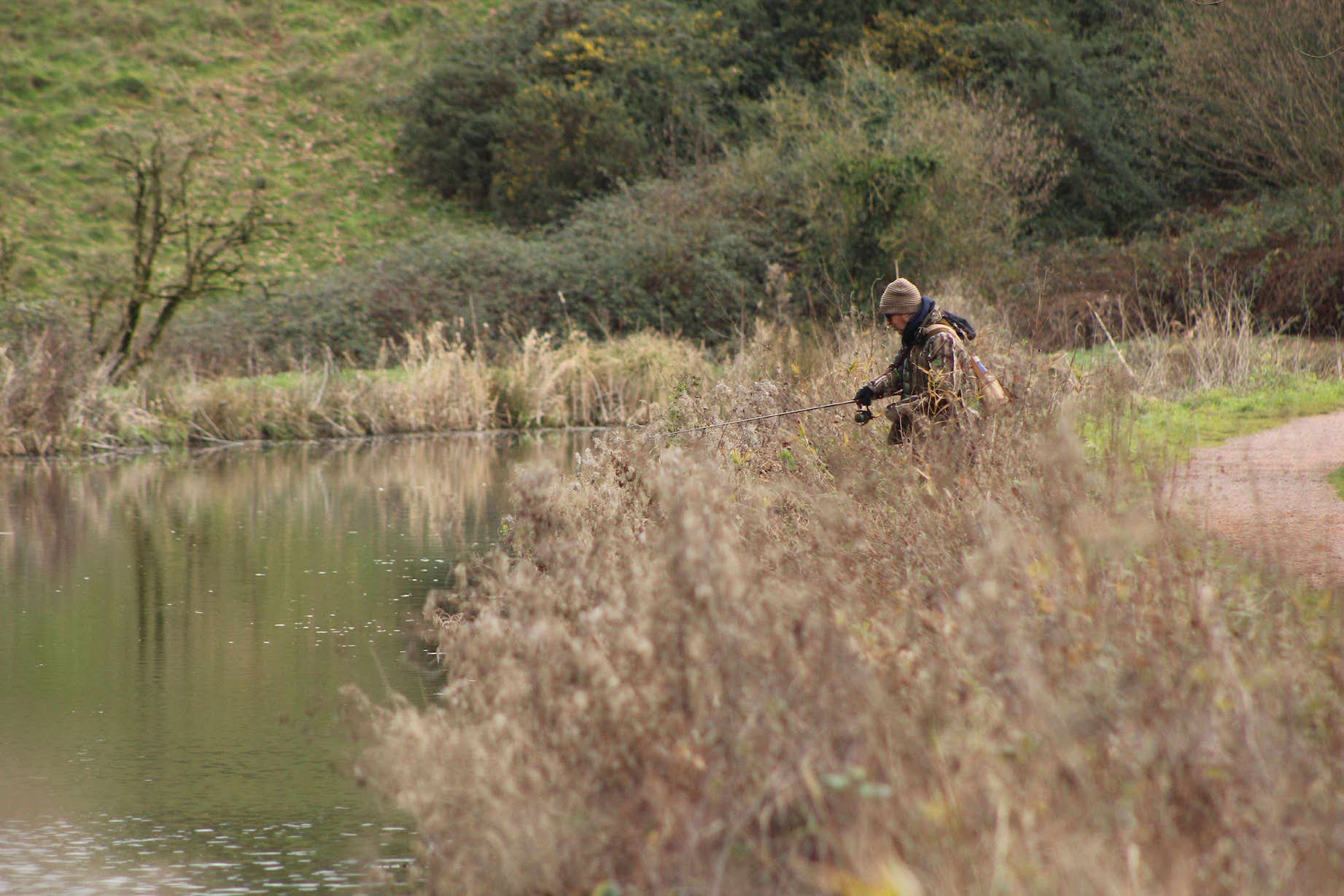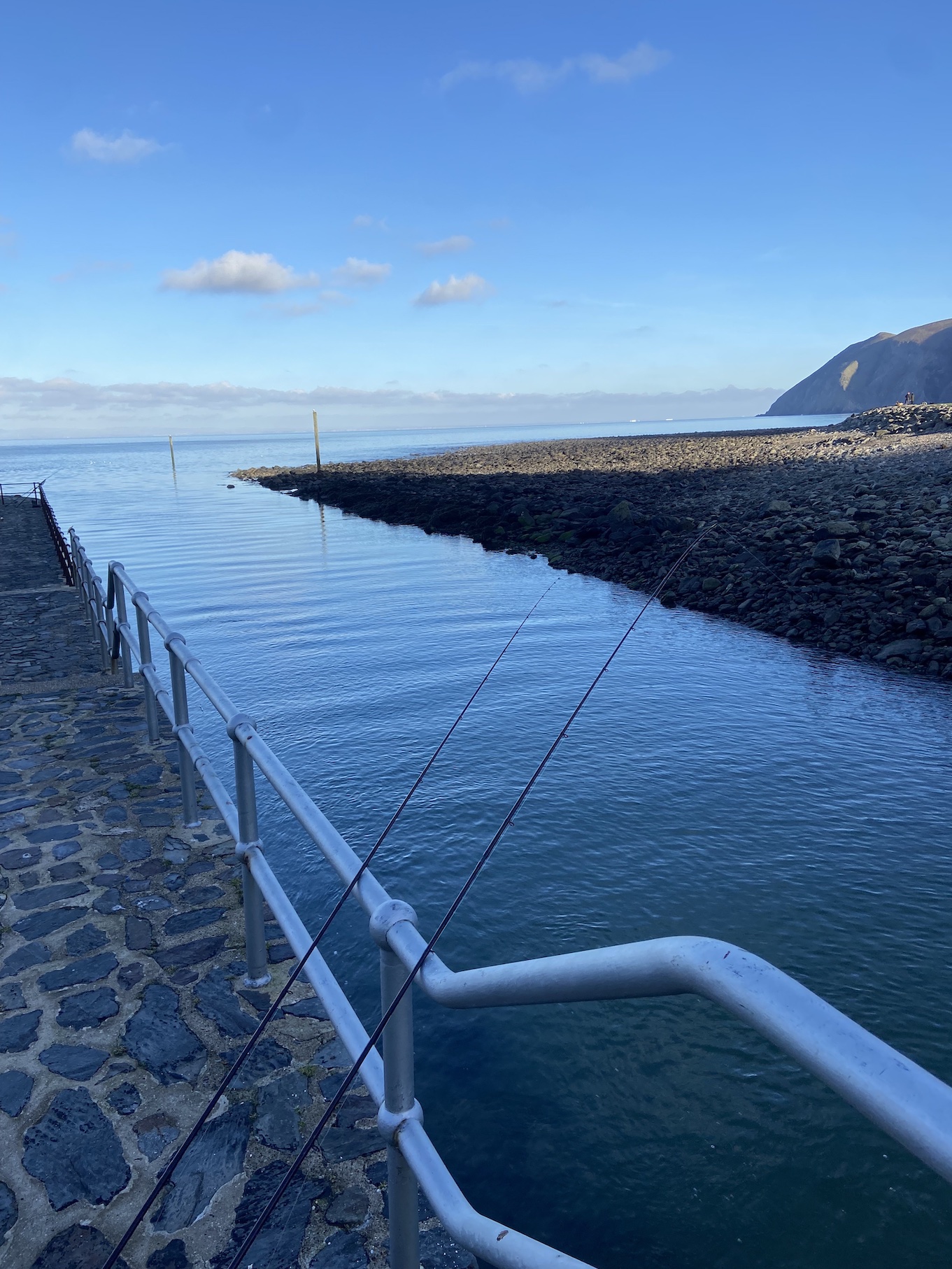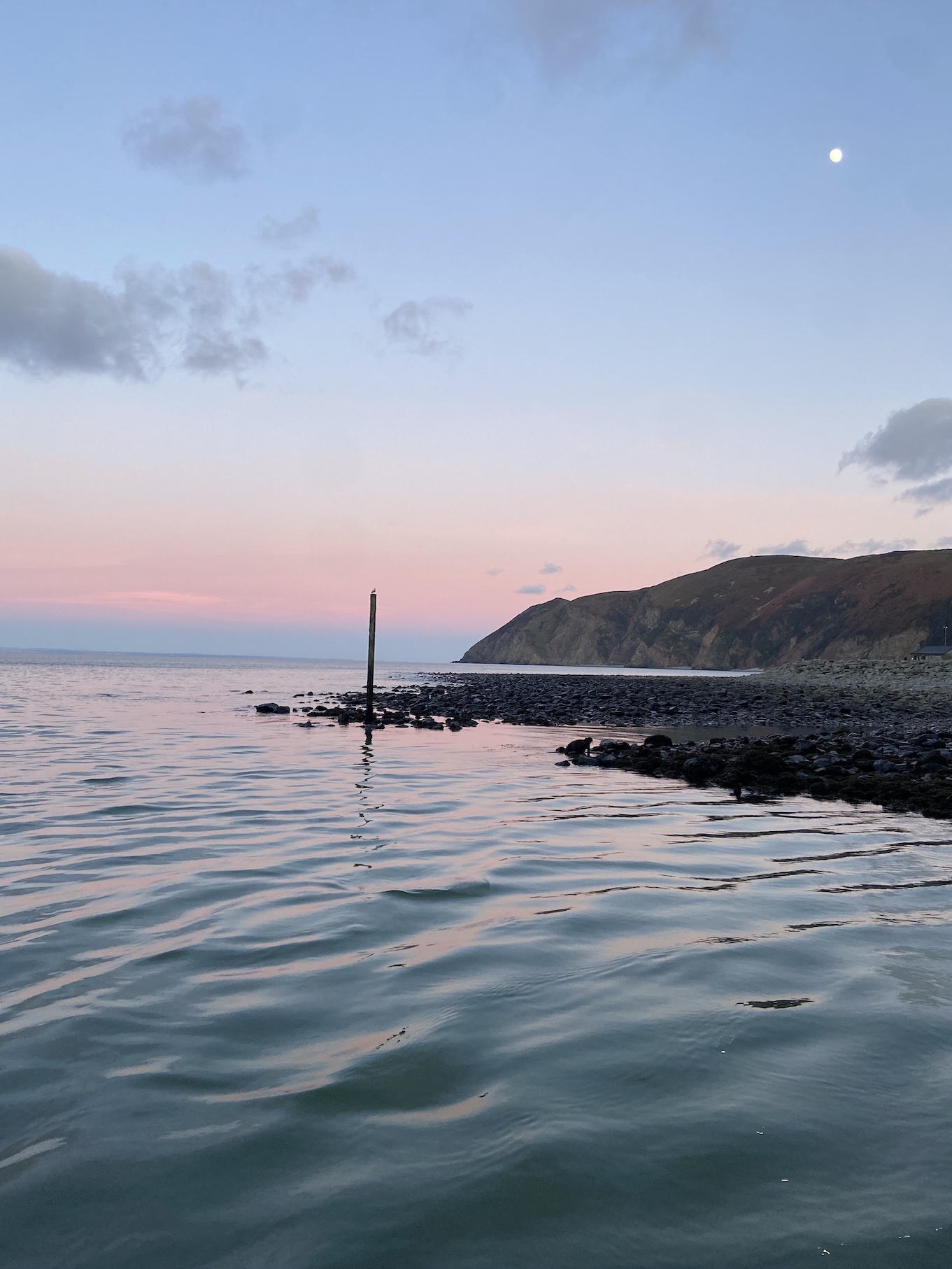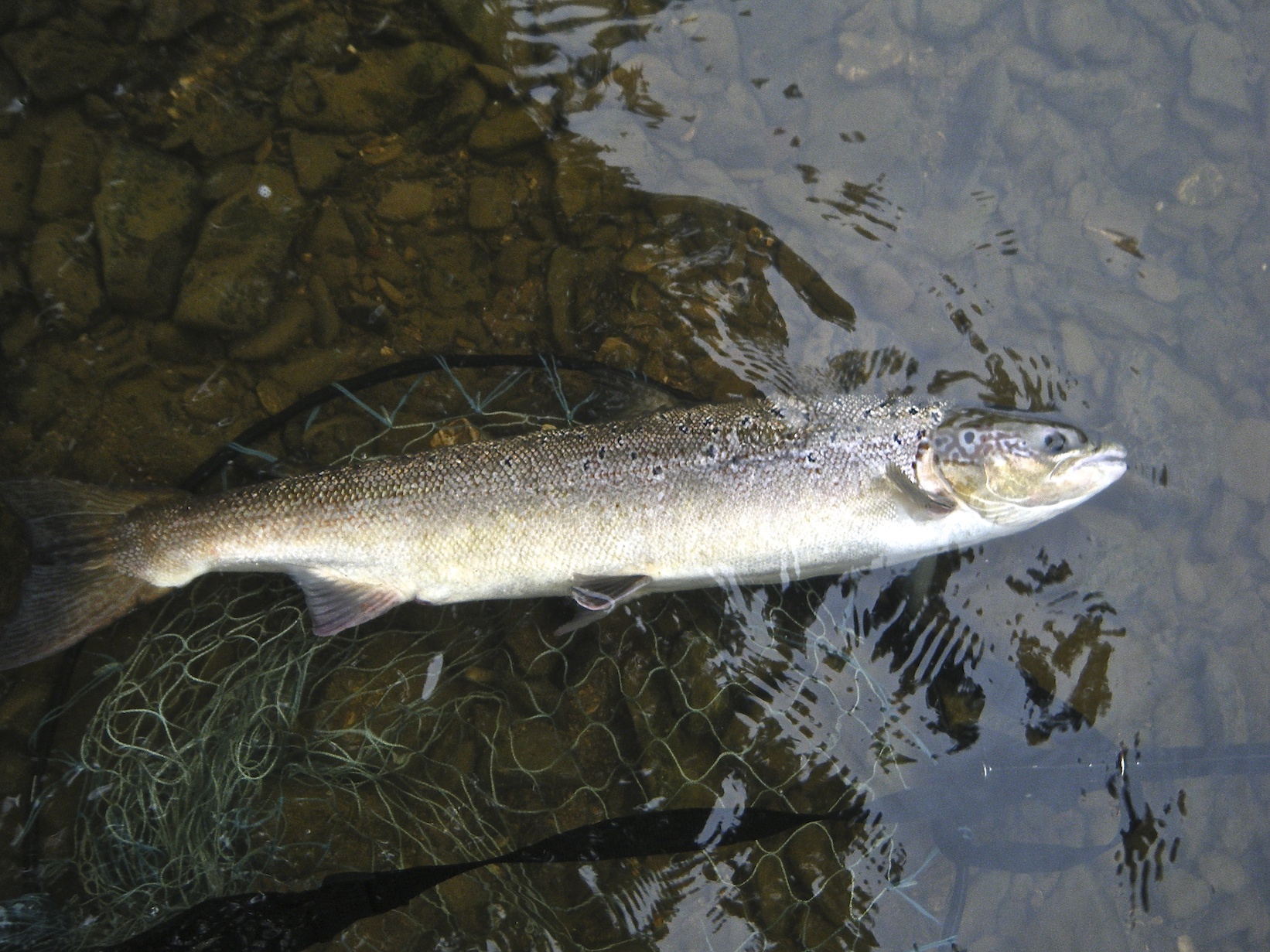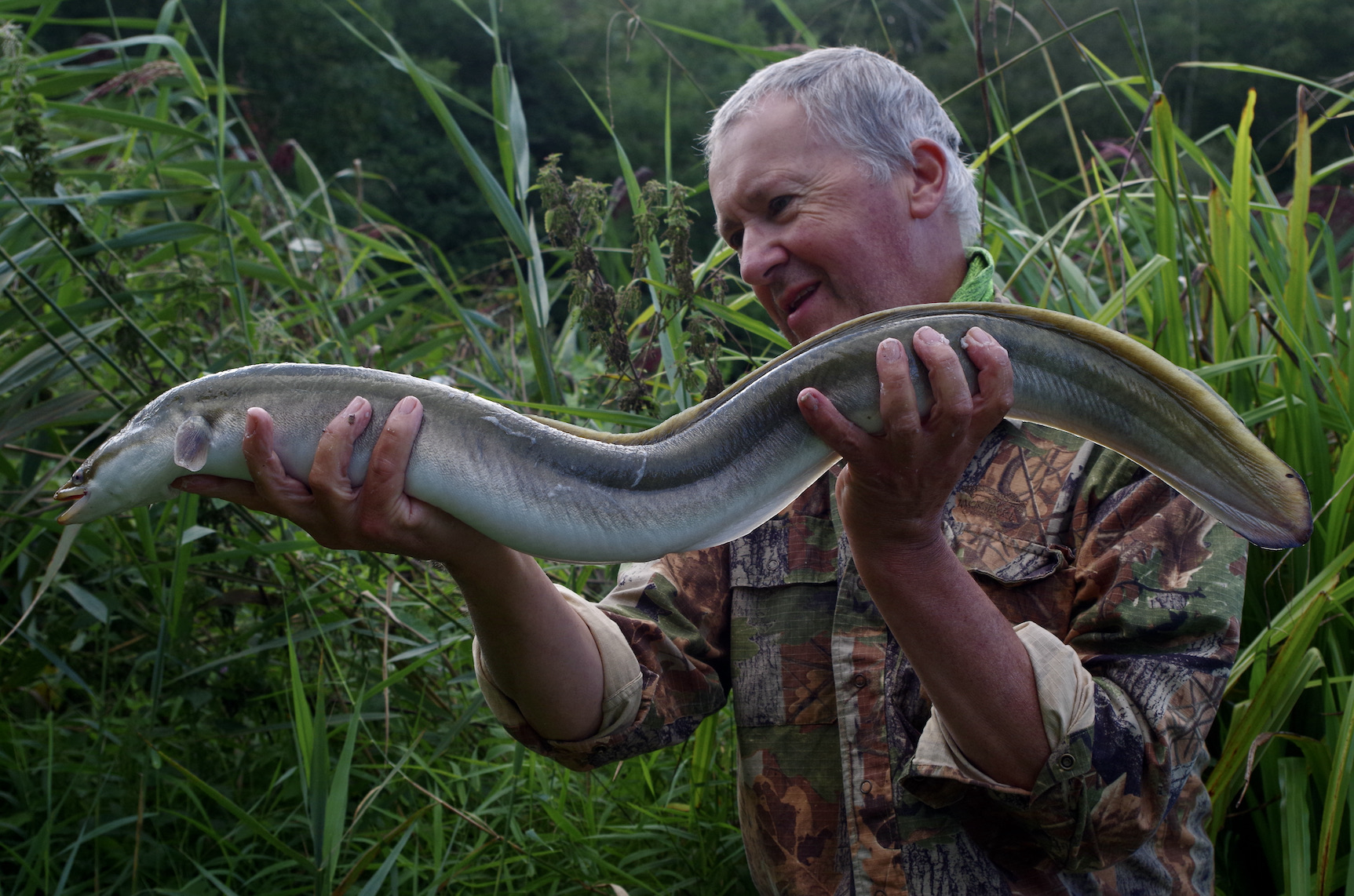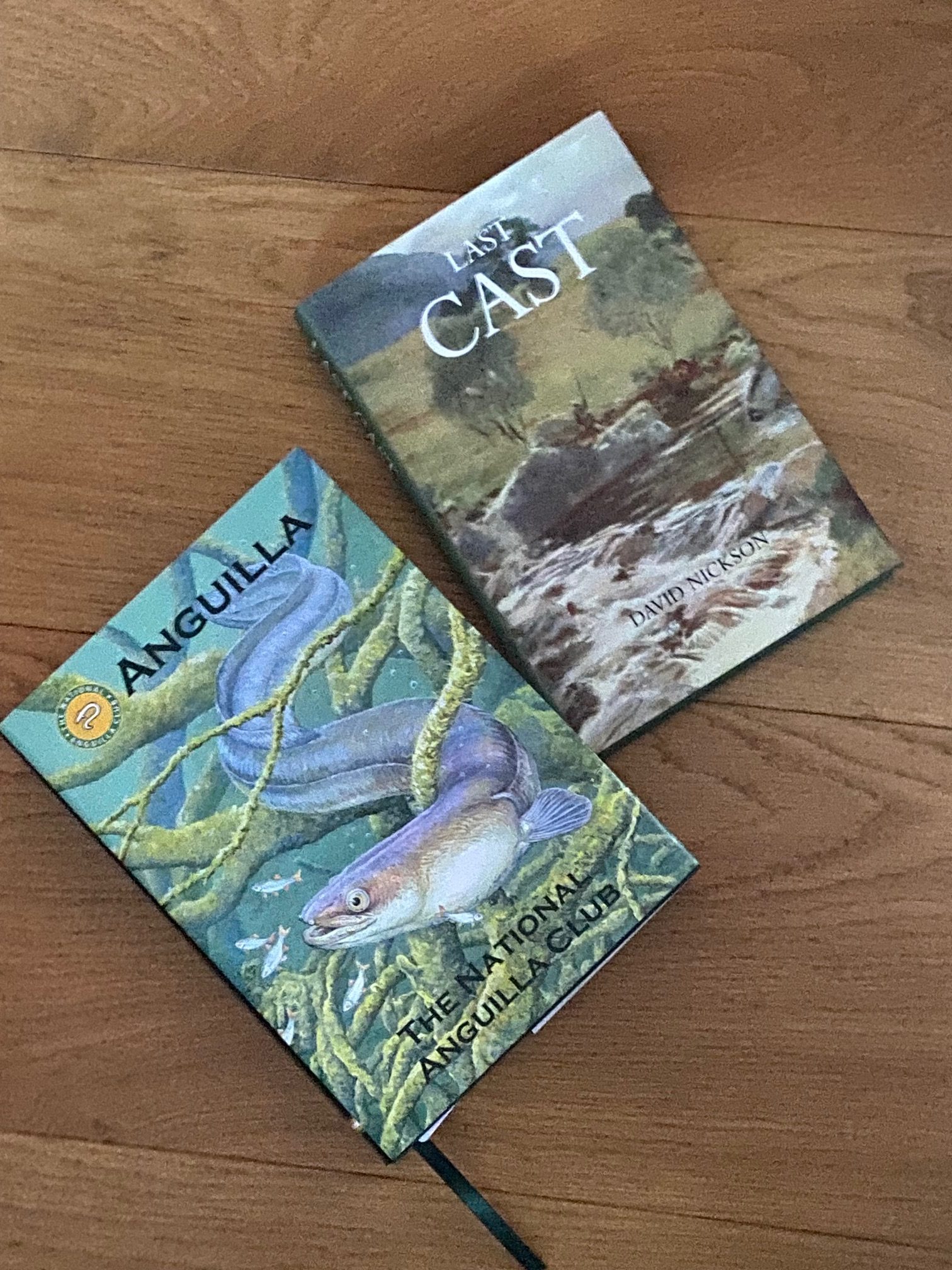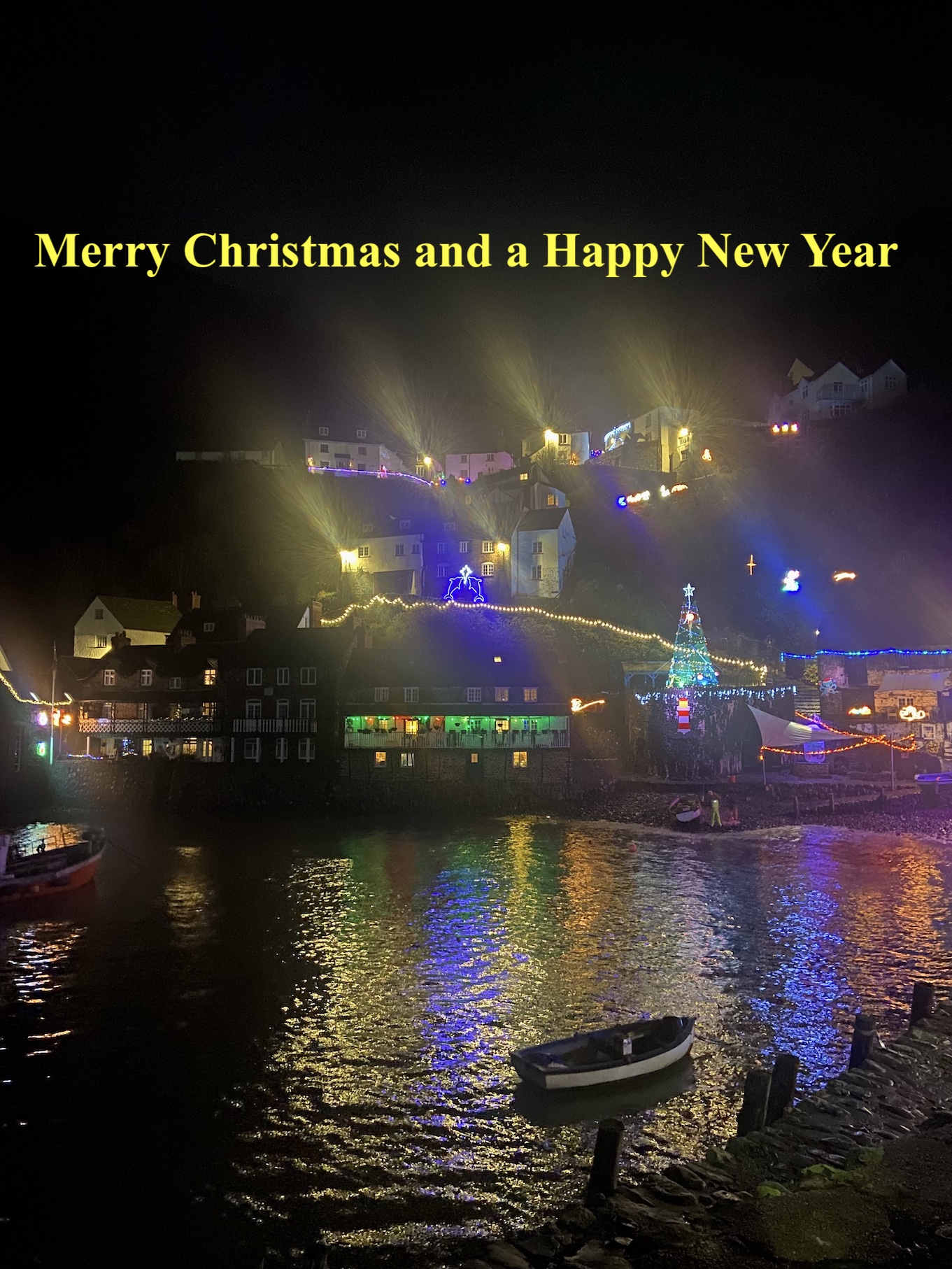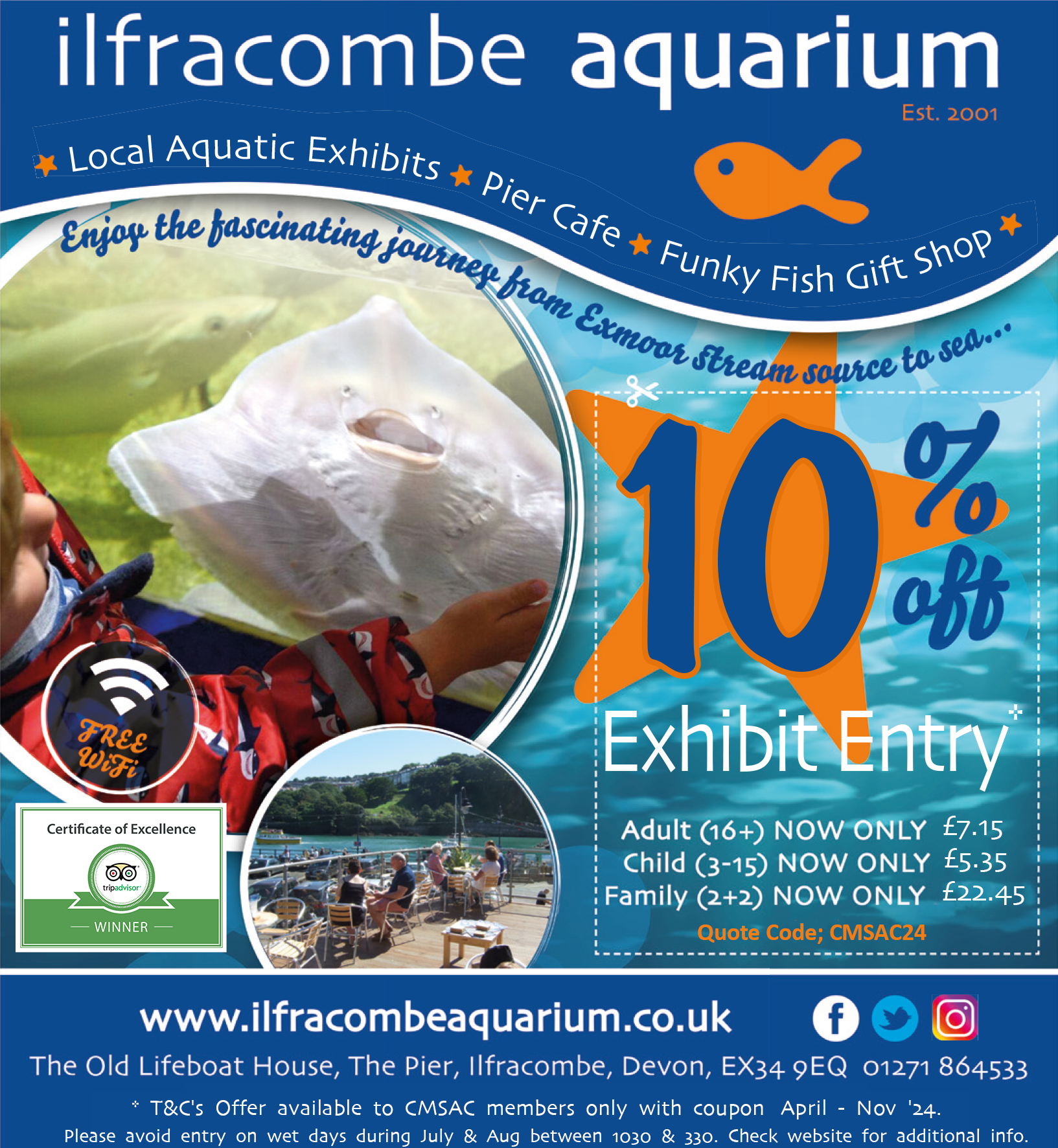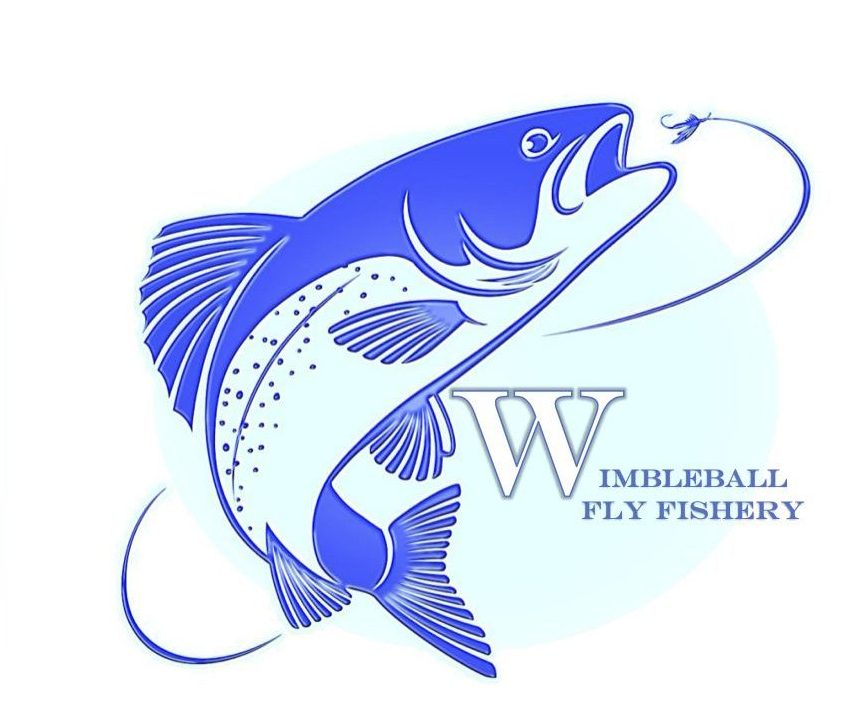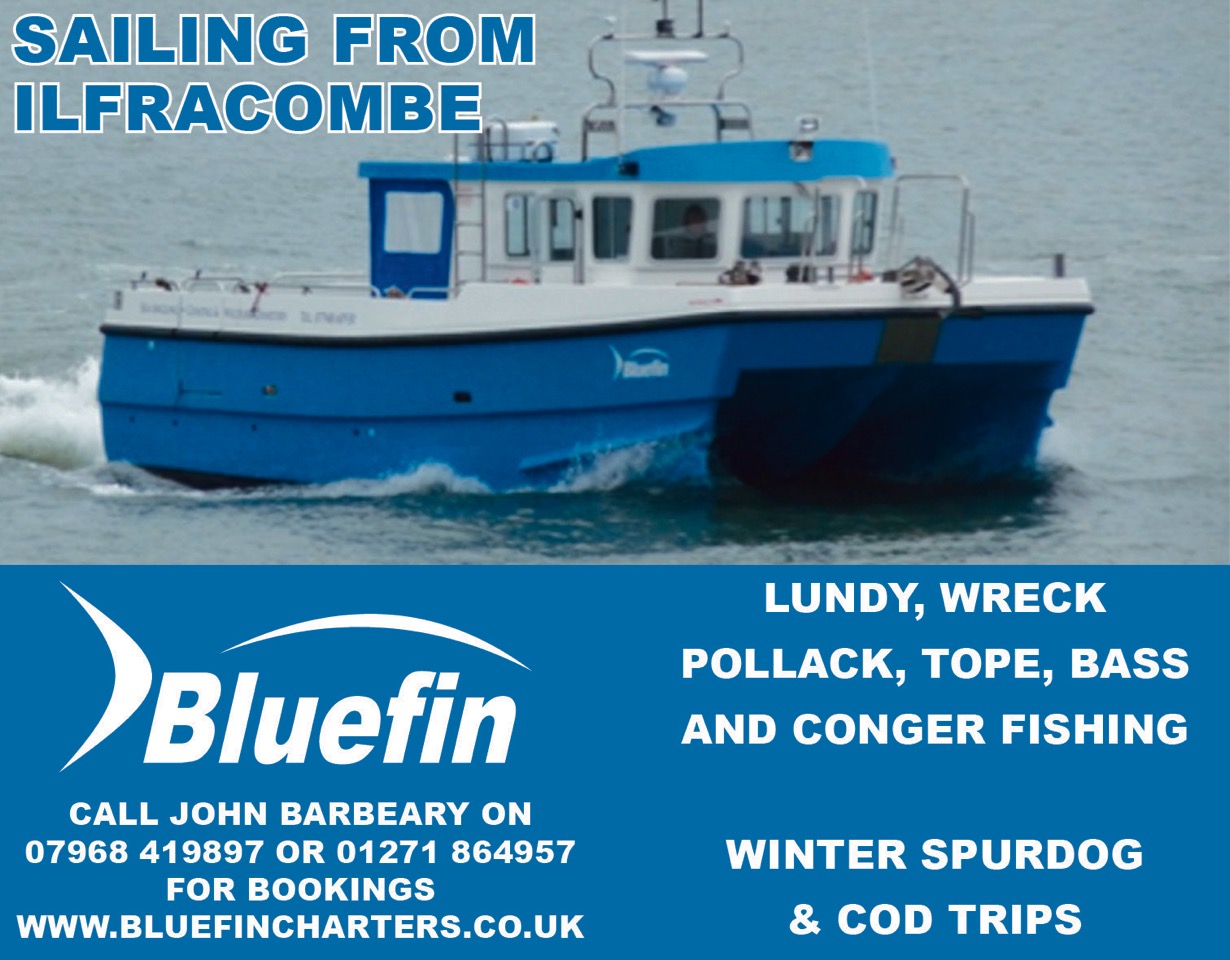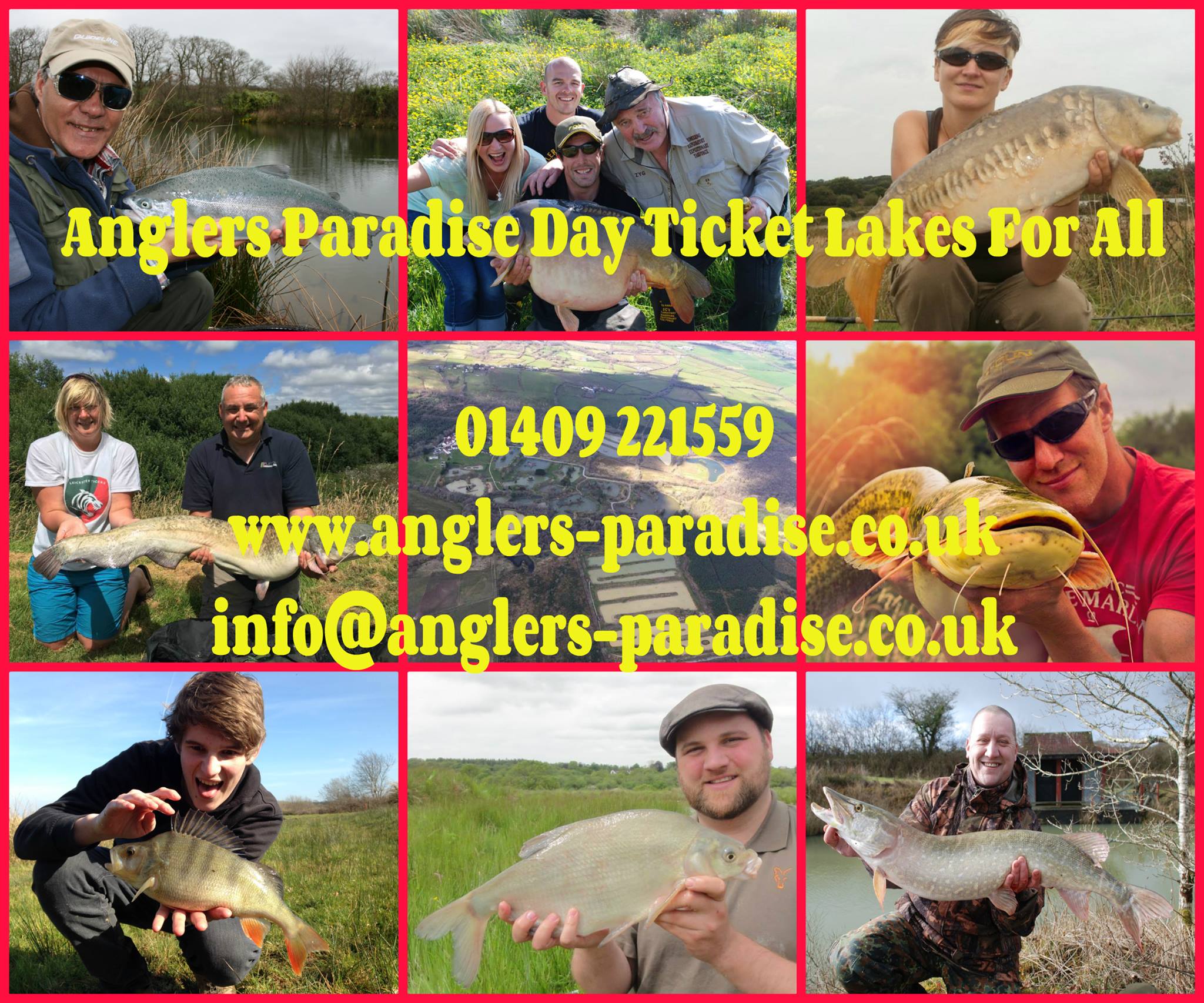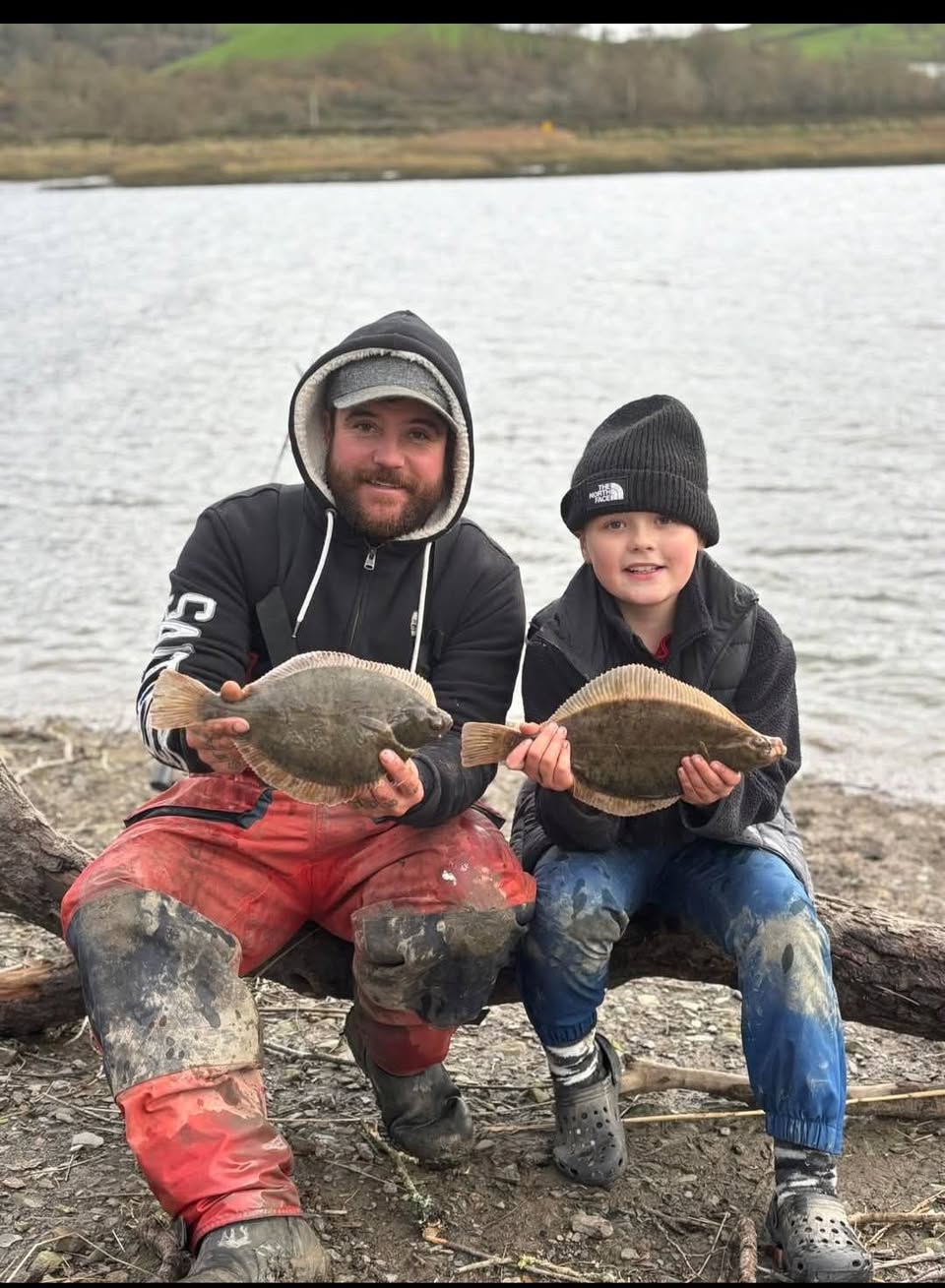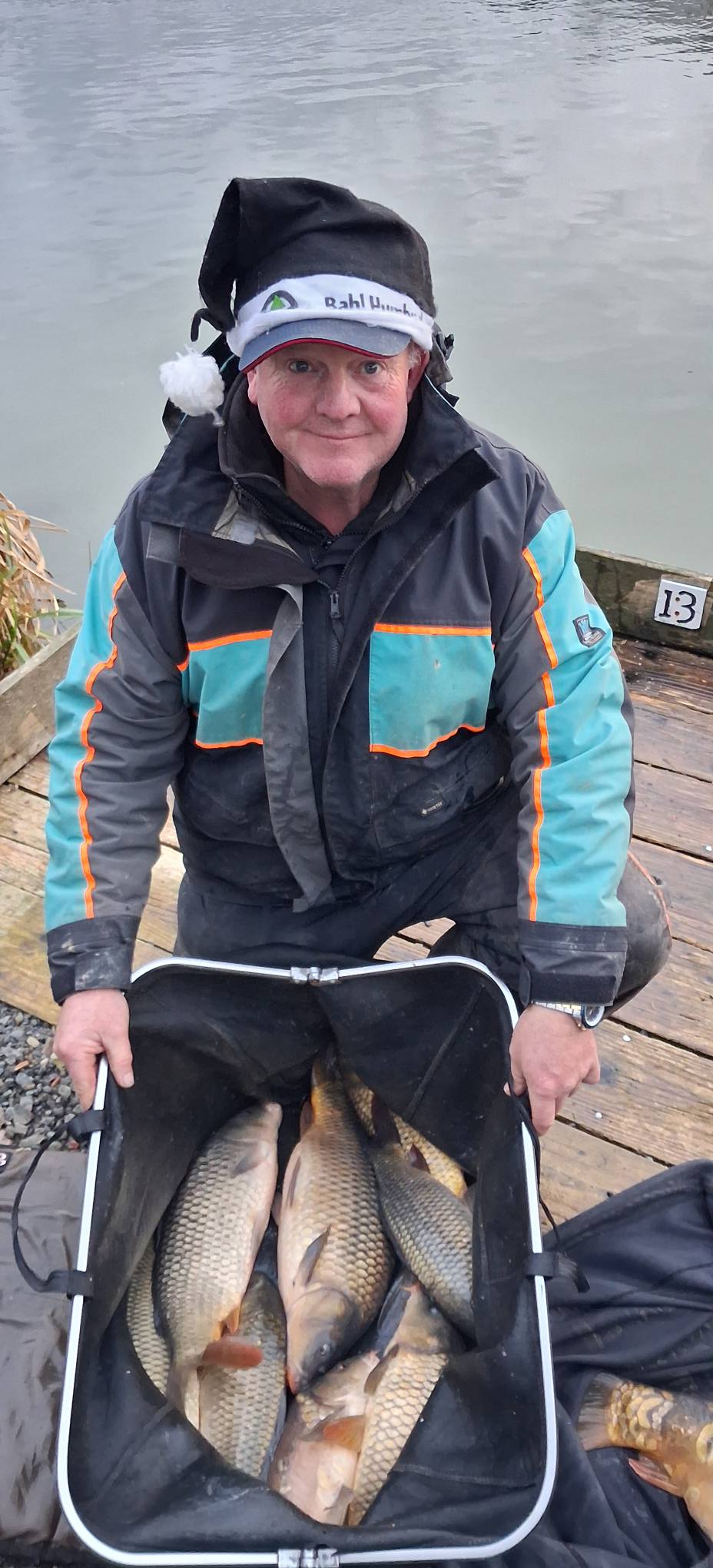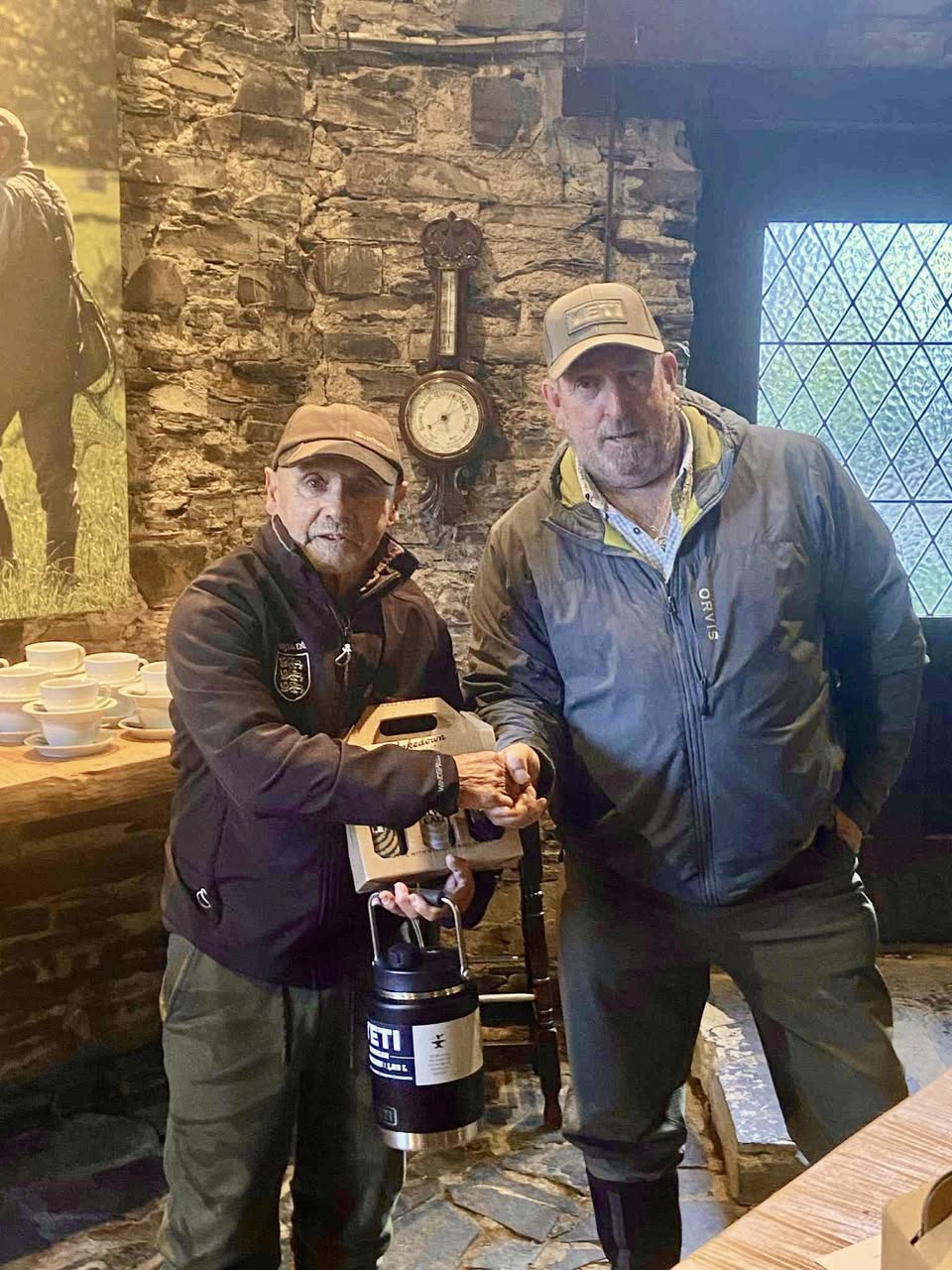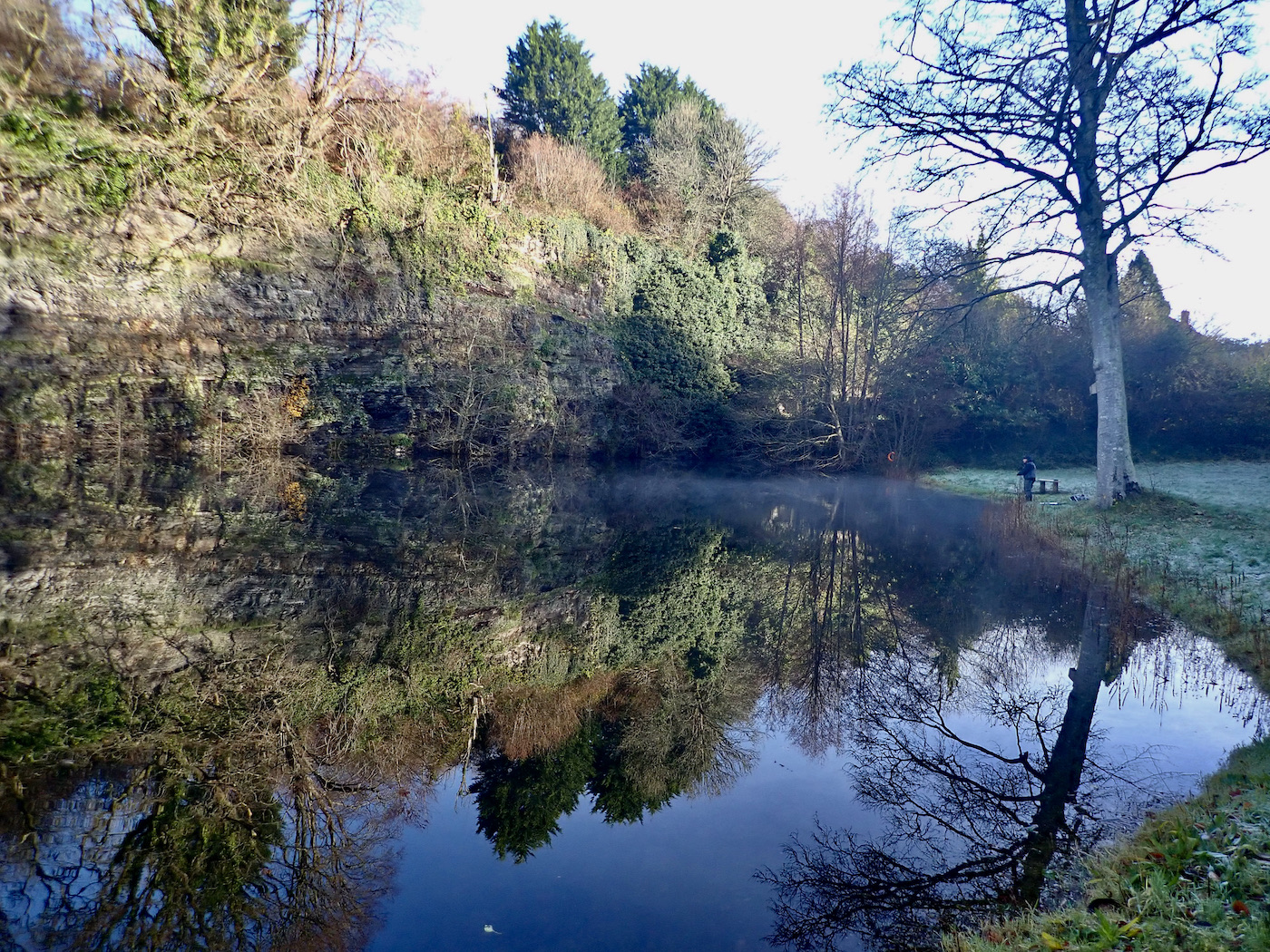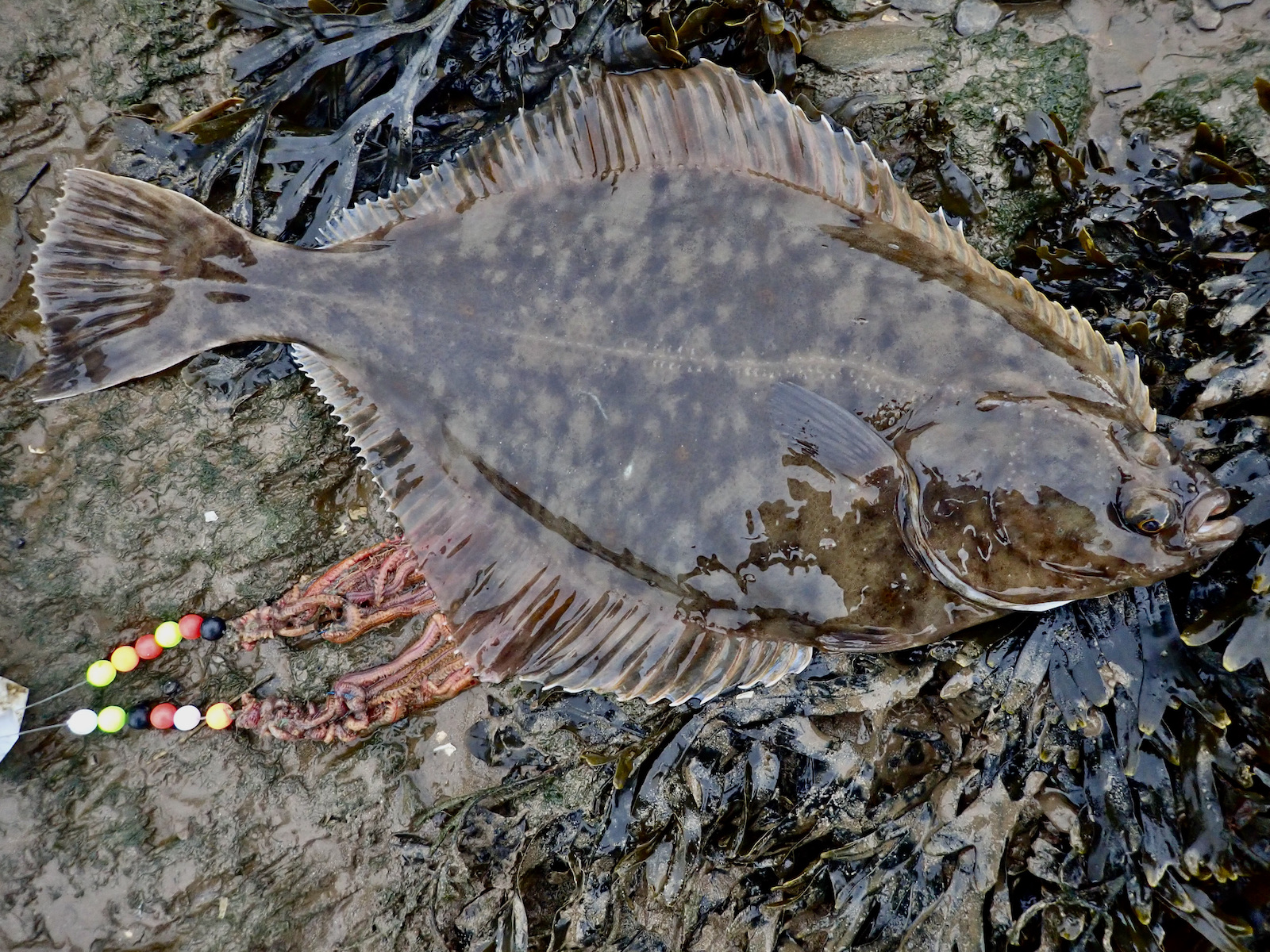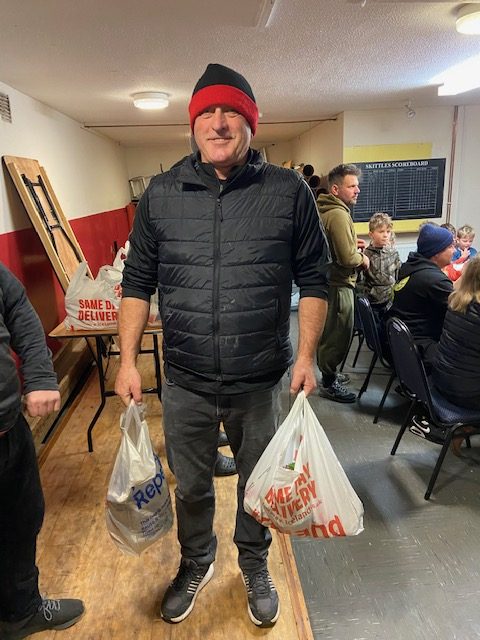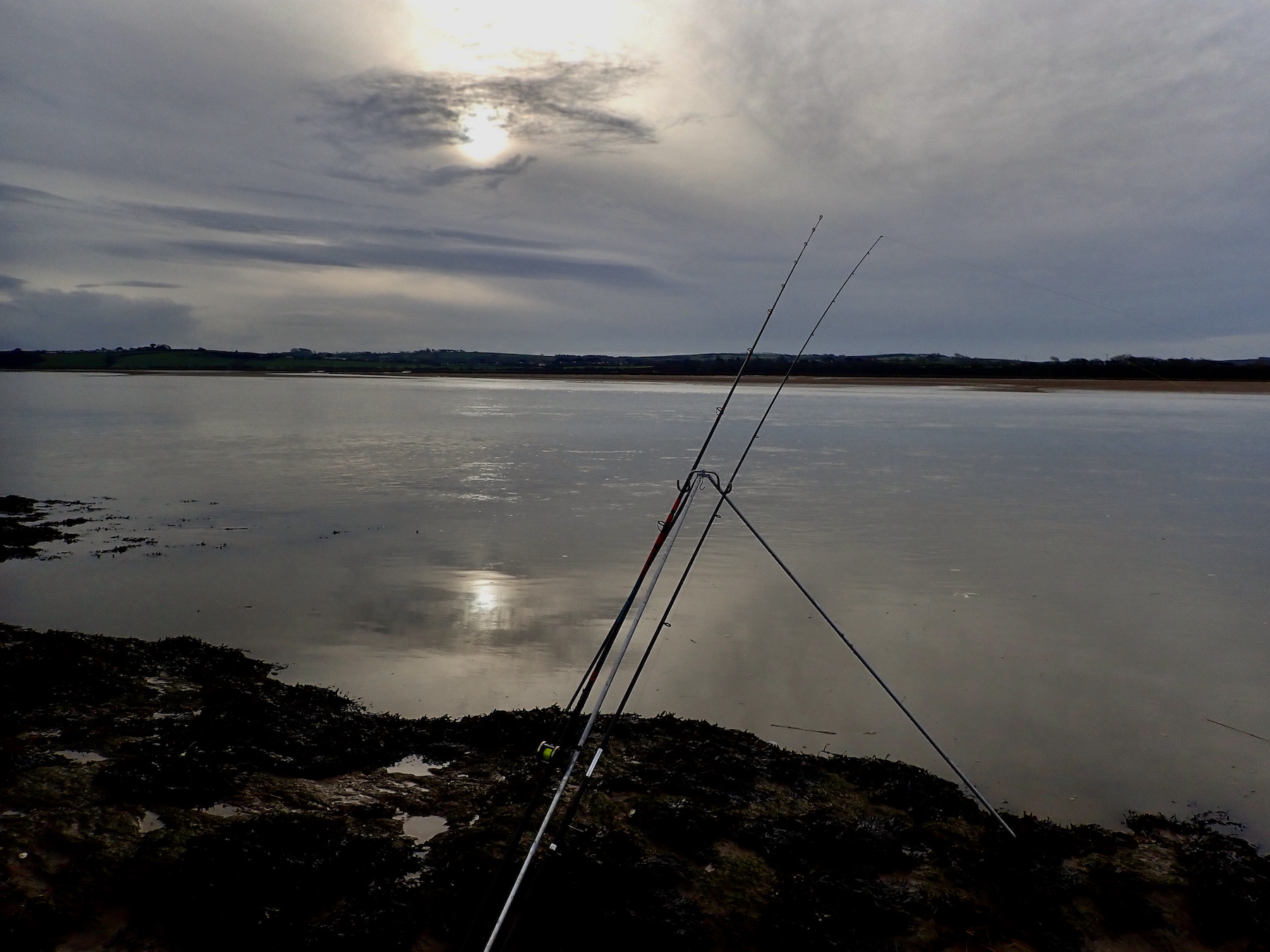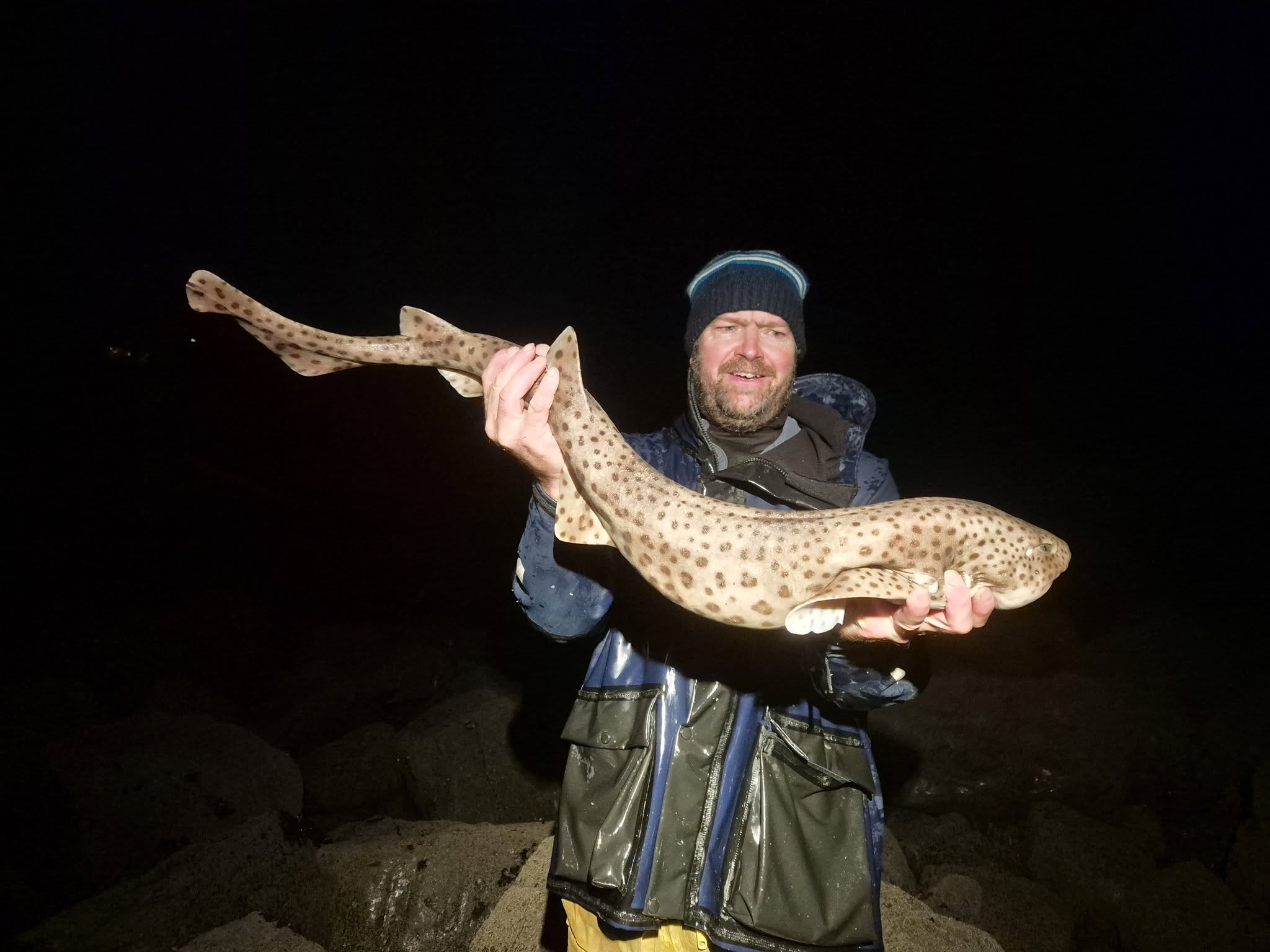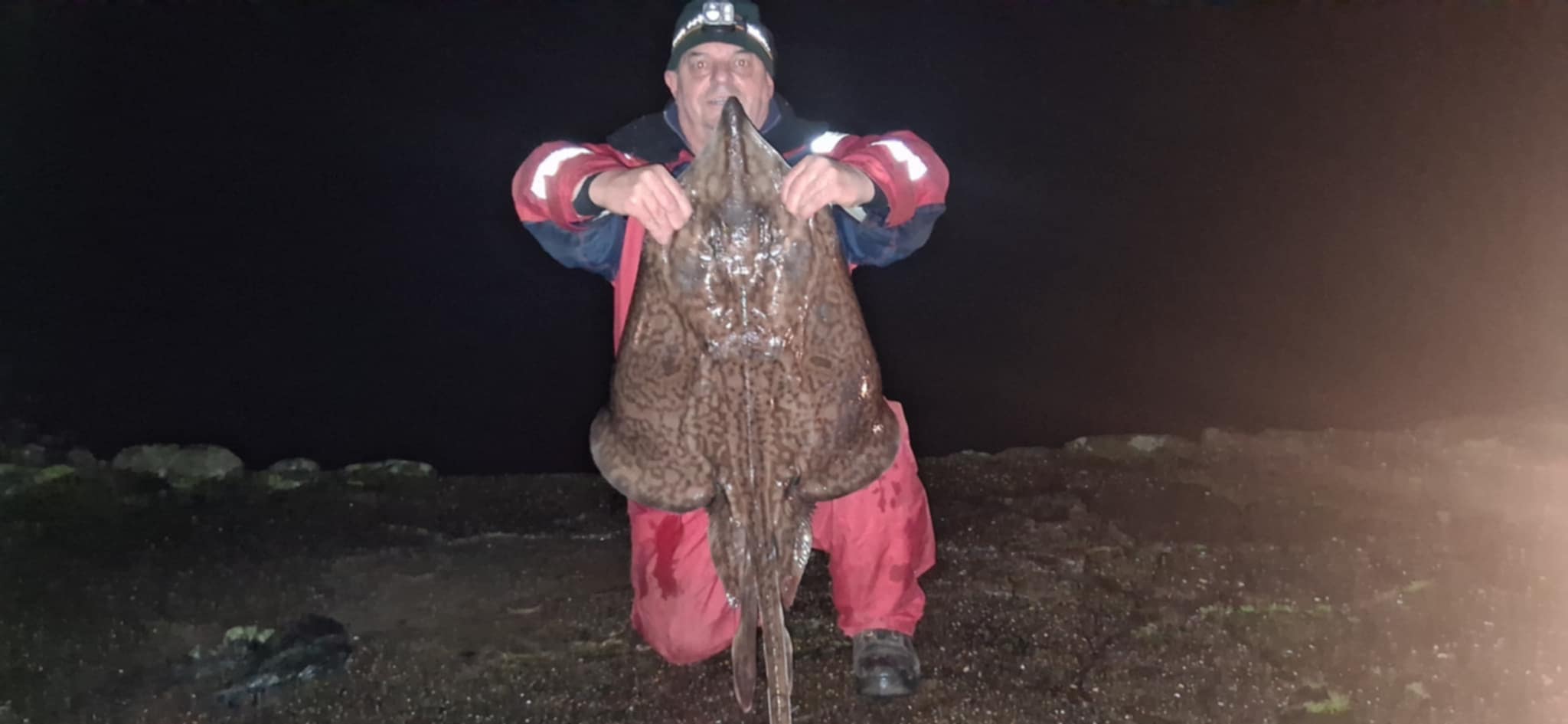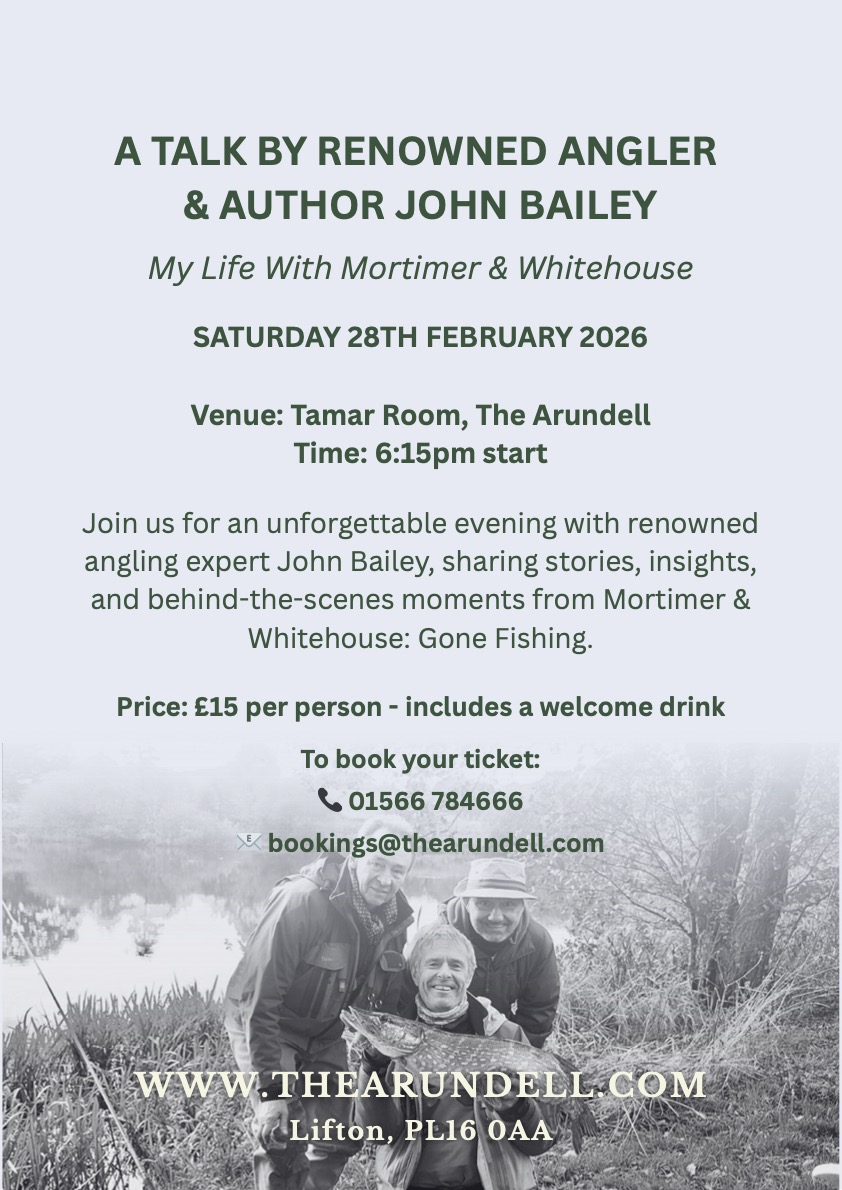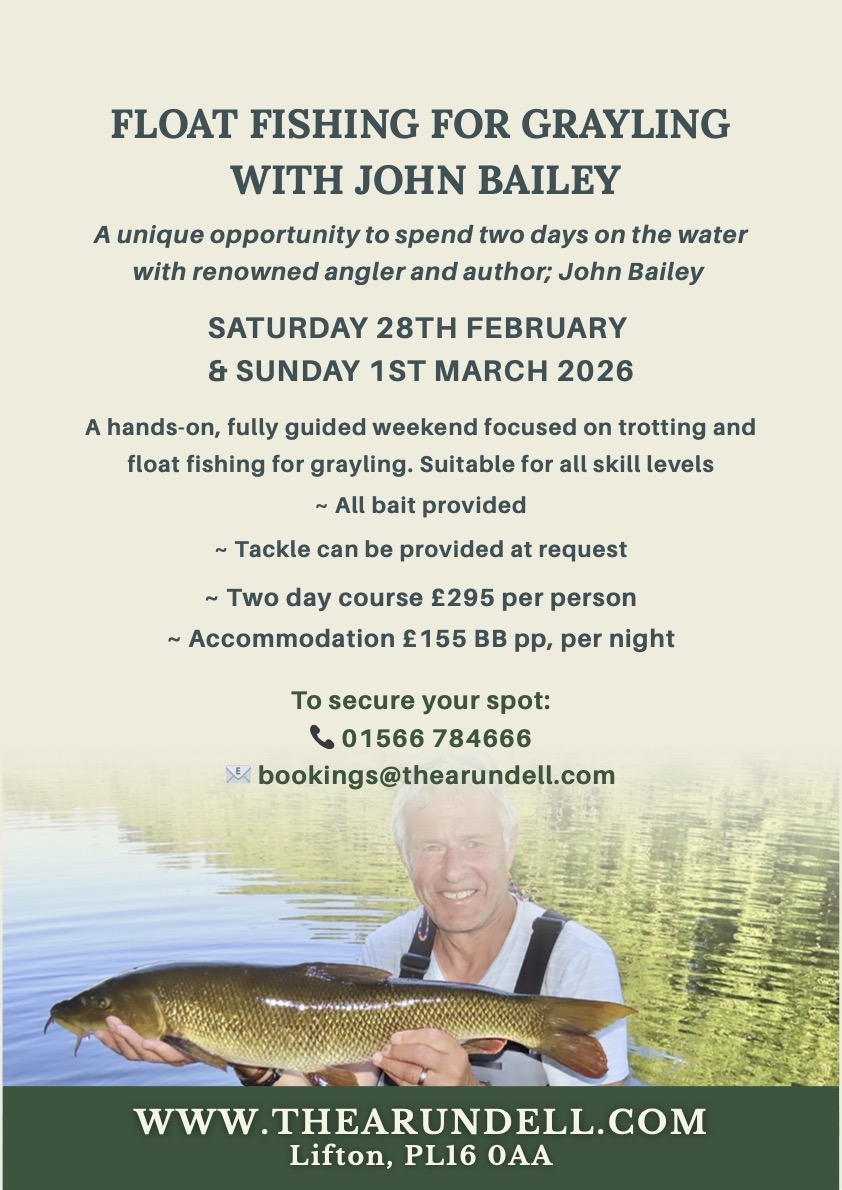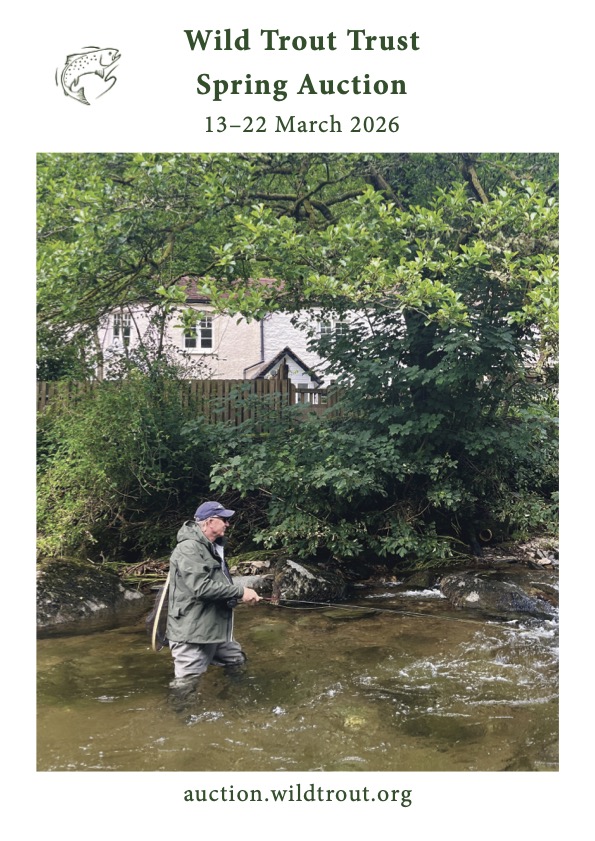
Wild Trout Trust Auction 13-22 March 2026: auction.wildtrout.org
Over 300 lots with guide prices from £8 to £1850
Days in England, Scotland, Ireland, Wales and overseas,
some on private and exclusive beats available only via this auction, including
fishing for trout, salmon, grayling, charr, bass, pike, barbel, carp, roach and more.
Plus: art, fishing tackle (new and used), expert-tied flies, literature and experience days.
Register to bid at www.auction.wildtrout.org
PDF catalogue available from 28 February.
Browse all the lots online from 5 March, with bidding live on 13 March.
All the funds raised in our annual charity auction will directly support the work of WTT’s Conservation Officers to deliver in-river habitat projects and give practical advice to anyone who needs help – landowners, fishing clubs, community groups and other conservation bodies.
To keep costs low, we run this auction on our own auction website. Proceeds will also play a crucial role
in getting practical projects off the ground by leveraging more funds from other sources.
Examples of fishing lots in the Wild Trout Trust Auction 2026
One day for 2 rods, wild trout fishing on Ross Brawn’s private beat of the River Itchen at St Cross, Winchester, including lunch with Ross. The beat is a mile of water and much of it has been beautifully improved, providing interesting main river and intimate and challenging carrier fishing (guide price £400).
One day for 2 rods fishing for ferox trout (up to 30lb) and big pike (up to 25lb) on Loch Awe, Scotland, with former WTT Trustee, Alan Kettle-White. Alan’s role as Senior Fisheries Biologist with Argyll Fisheries Trust involves tagging ferox in Loch Awe where he has caught fish of over 30lb. This is a great chance to learn about ecology and fish behaviour in big lochs. Best for ferox mid-March to June, and for pike June to September (guide price £300).
One day for 2 rods fishing the exclusive Cressbrook & Litton Club’s waters of the Derbyshire Wye with Don Stazicker. Don is a regular contributor to Trout & Salmon magazine. His recent book The Flies That Trout Prefer, co-authored with Peter Hayes, was researched on this highly productive river, where there is a good chance of catching wild rainbows as well as brown trout (guide price £240).
One day for 1 rod, dry fly fishing for wild brown trout on the clear limestone tributaries of the River Suir in Ireland with Phil Cobham and local guide, George McGrath. With lovely Cashel in Co Tipperary as a base, and stealth and accurate casting required, you’ll be seeking out rising fish during hatches that might include LDOs, Iron Blues, Alder fly, and later in May, the Mayfly (guide price £250).
One day for 2 rods on a private beat of the Upper Itchen at Chilland, accompanied by Nick Measham, who has fished this beat for many years. This exclusive double-bank beat, around ⅔ of a mile, offers pristine chalk stream fishing for wild brown trout and grayling. It has changed very little since it was fished by Viscount Grey of Falloden over 100 years ago (the ruins of his fishing cottage are nearby). Fly hatches are prolific and wild trout average well over 1lb (guide price £900).
Two days for 2 rods fishing for salmon, sea trout and brown trout on the Marnoch Lodge beat of the River Deveron in Scotland: a beautiful 2¼ mile beat, with 12 named pools and 2 bothies. The Deveron is rapidly becoming one of the premier large brown trout angling destinations in the UK, and Marnoch Lodge is one of the best beats on the river for trophy brown trout (guide price £300).
A day for 2 rods on the legendary Royalty Fishery of the Hampshire Avon, in Christchurch, including rare access to the Top Weir compound. Your target could be the river’s monstrous pike or barbel, with many other species to aim for, including sea trout, chub, dace and roach. You’ll be guided by the Fishery Manager and top angler, Dan Gale, who knows all the likely spots (guide price £300).
One day for 2 rods fly-fishing for wild brown trout on Llyn Gwyddior, a remote 31-acre lake high above Llanbrynmair, Mid Wales, fishing from the bank or from a club boat. Access is by 4×4 via forest tracks with spectacular views, and a good fish is about a pound, with some over 2lb (guide price £140).
Examples of non-fishing lots in the Wild Trout Trust Auction 2026
Your ‘best trout’ faithfully re-created in exquisite watercolour by Graham Stevenson, who has been painting watercolours of fish for over 30 years. Capture the memory of that special fish in a unique, life-size, side-view portrait of your trout up to 80cm in length (guide price £800).
One day for 1 or 2 people with acclaimed photographer Dick Hawkes, exploring the Hampshire Avon. Get creative in beautiful surroundings, learning how to capture fantastic nature photographs, and gain further inspiration from a signed copy of Chalk Streams: A Unique Environment Worth Conserving, Dick’s celebrated photo book (guide price £150).
Thirty-six North Country Spiders tied by Nathan Friel, presented in a Walters’ Navy Cut cigarette tin. Tied using traditional fur, feather and silk on Partridge Spider, short shank, straight eye hooks. Patterns include: Partridge and Orange size 14; Black Magic size 18; Waterhen Bloa size 16; Yorkshire Greenwell size 14; Snipe and Purple size 16; Dark Watchet size 16 (guide price £90).
For more information and photos, please contact Christina Bryant
[email protected] / 023 9257 0985
